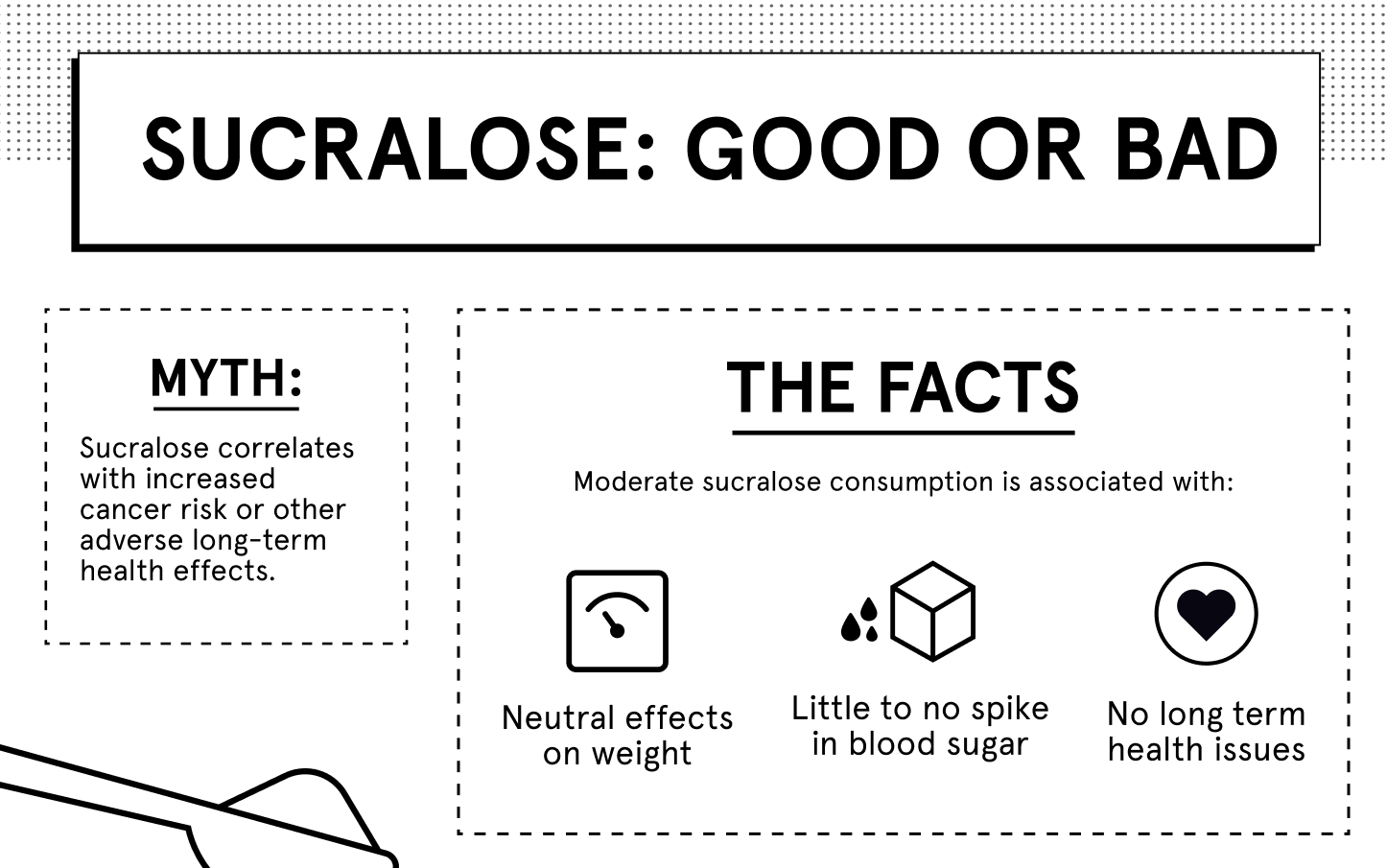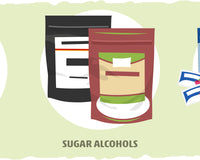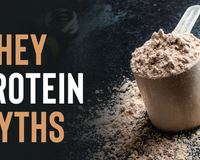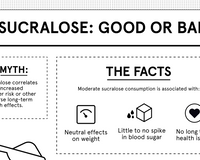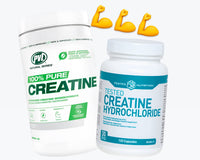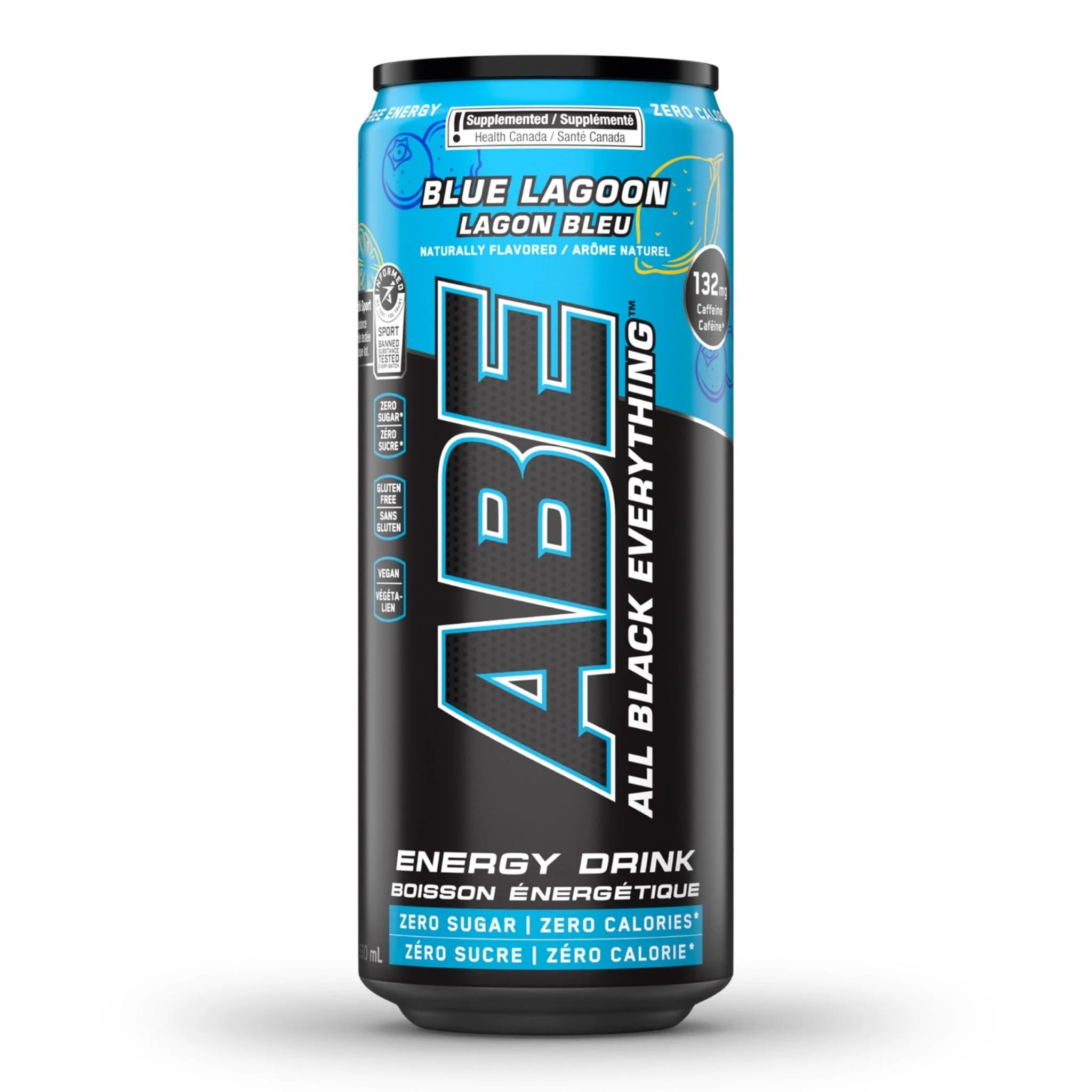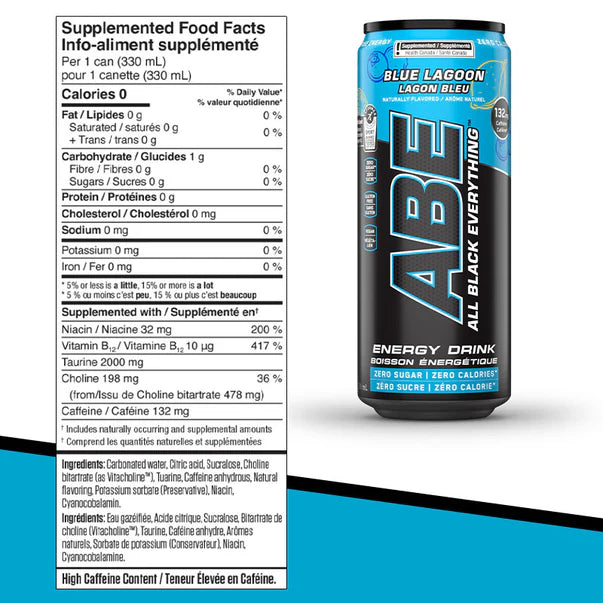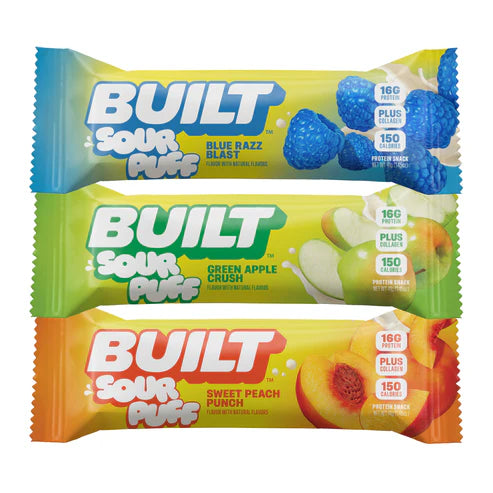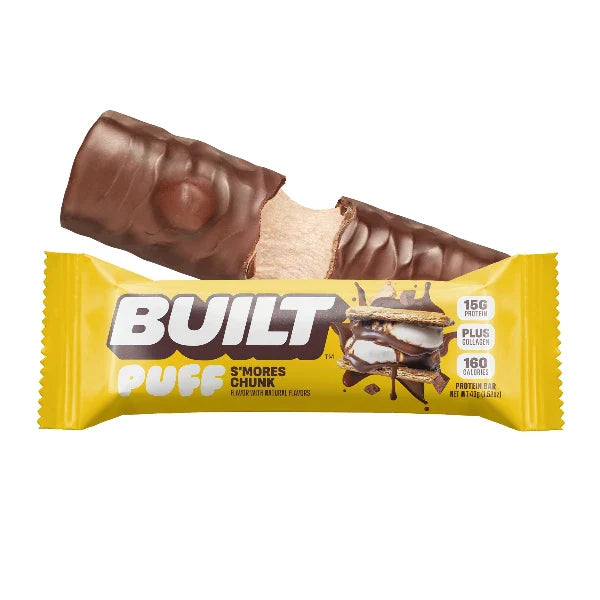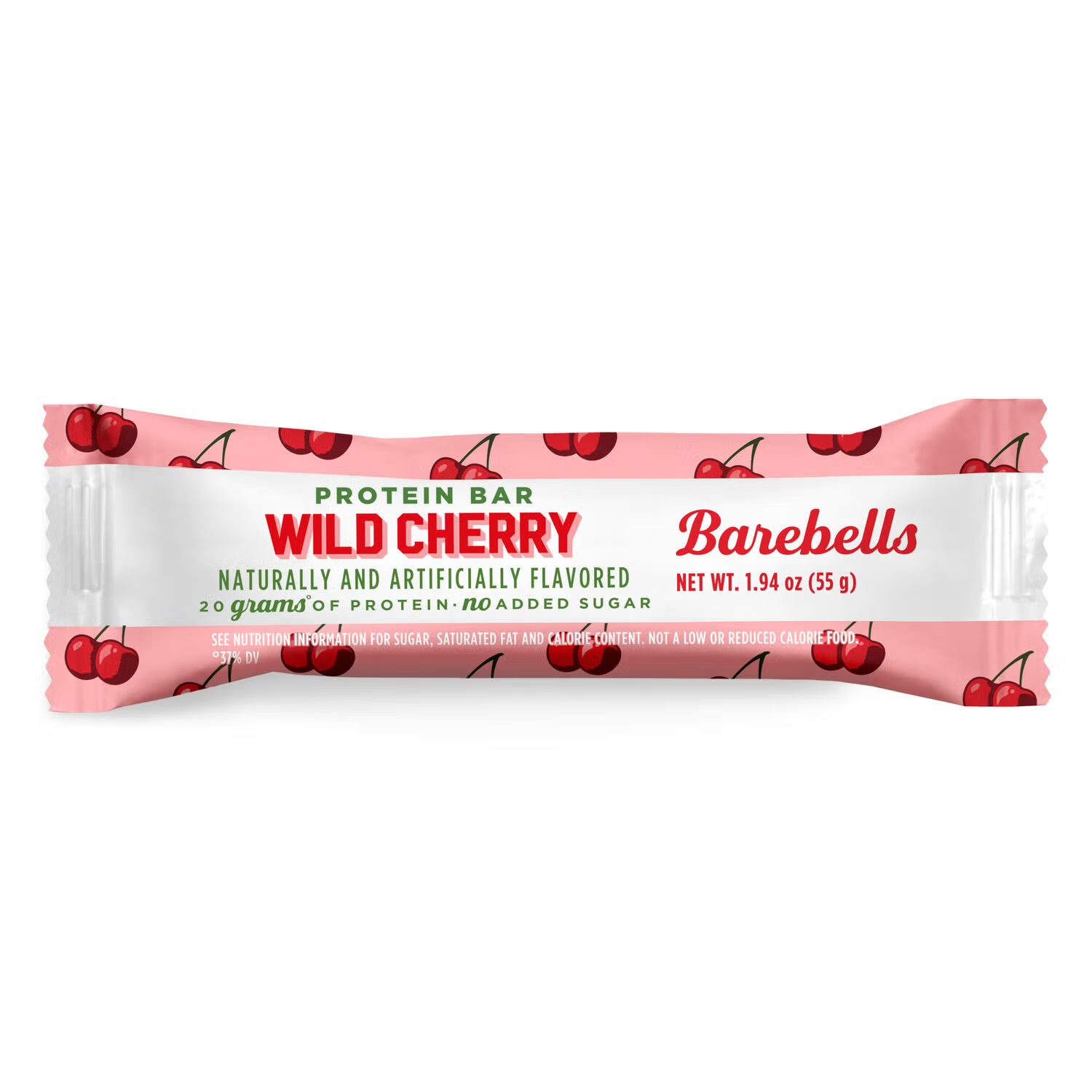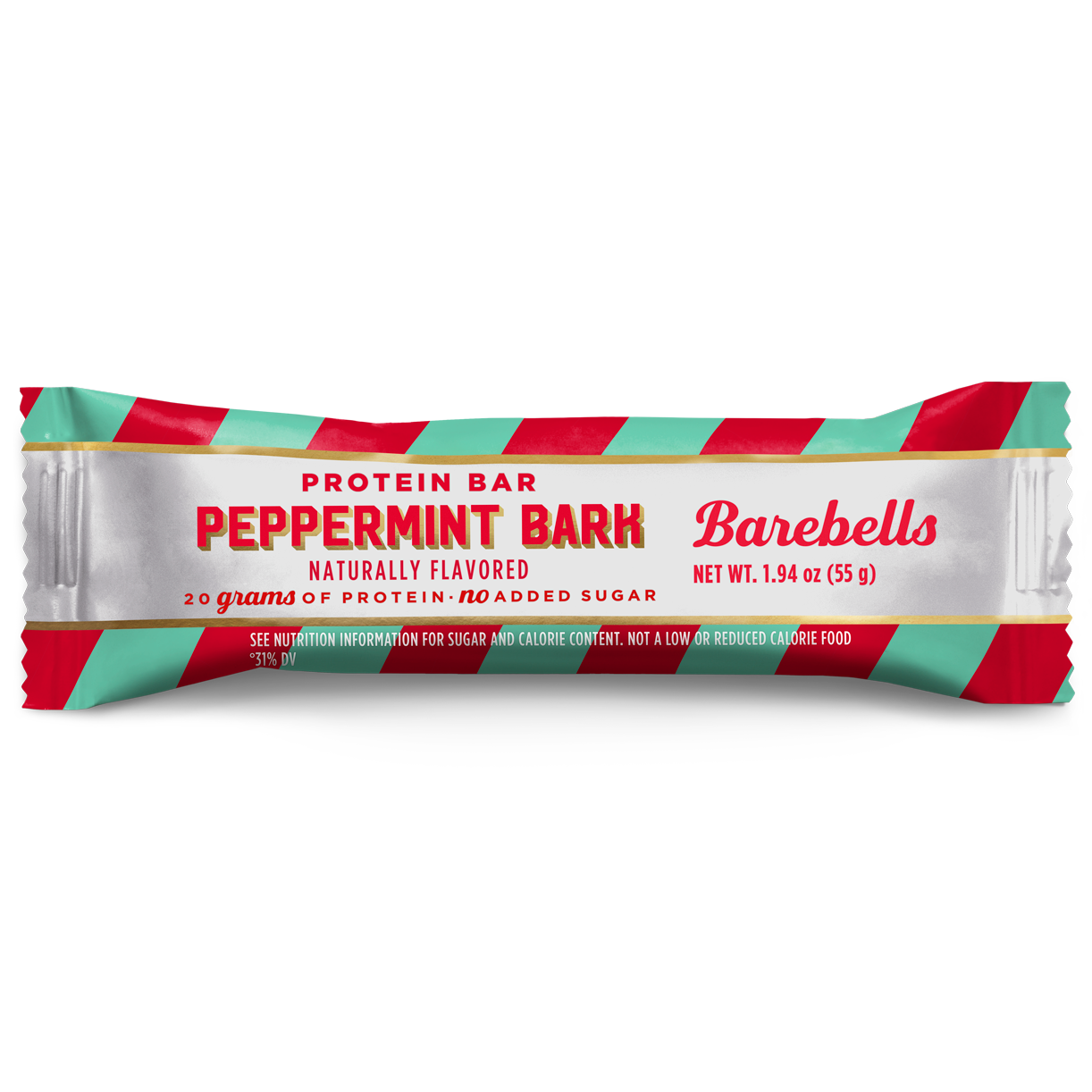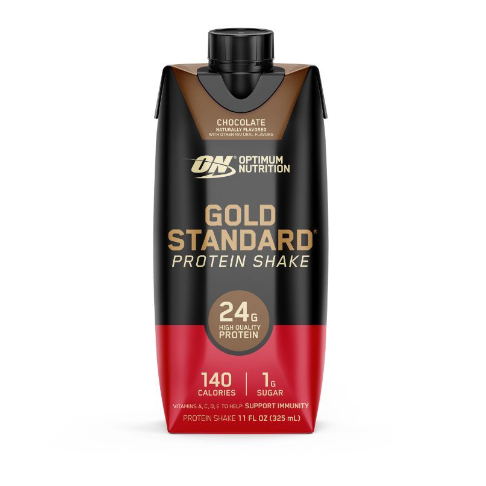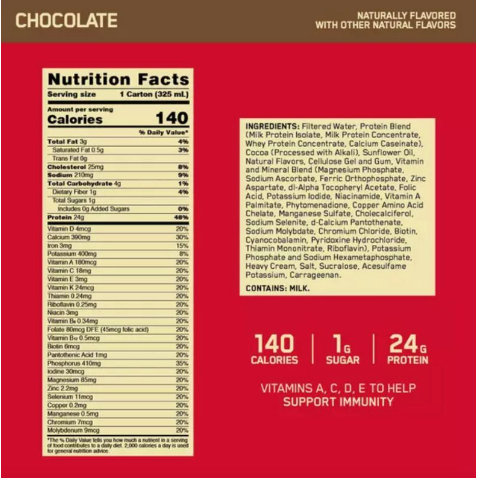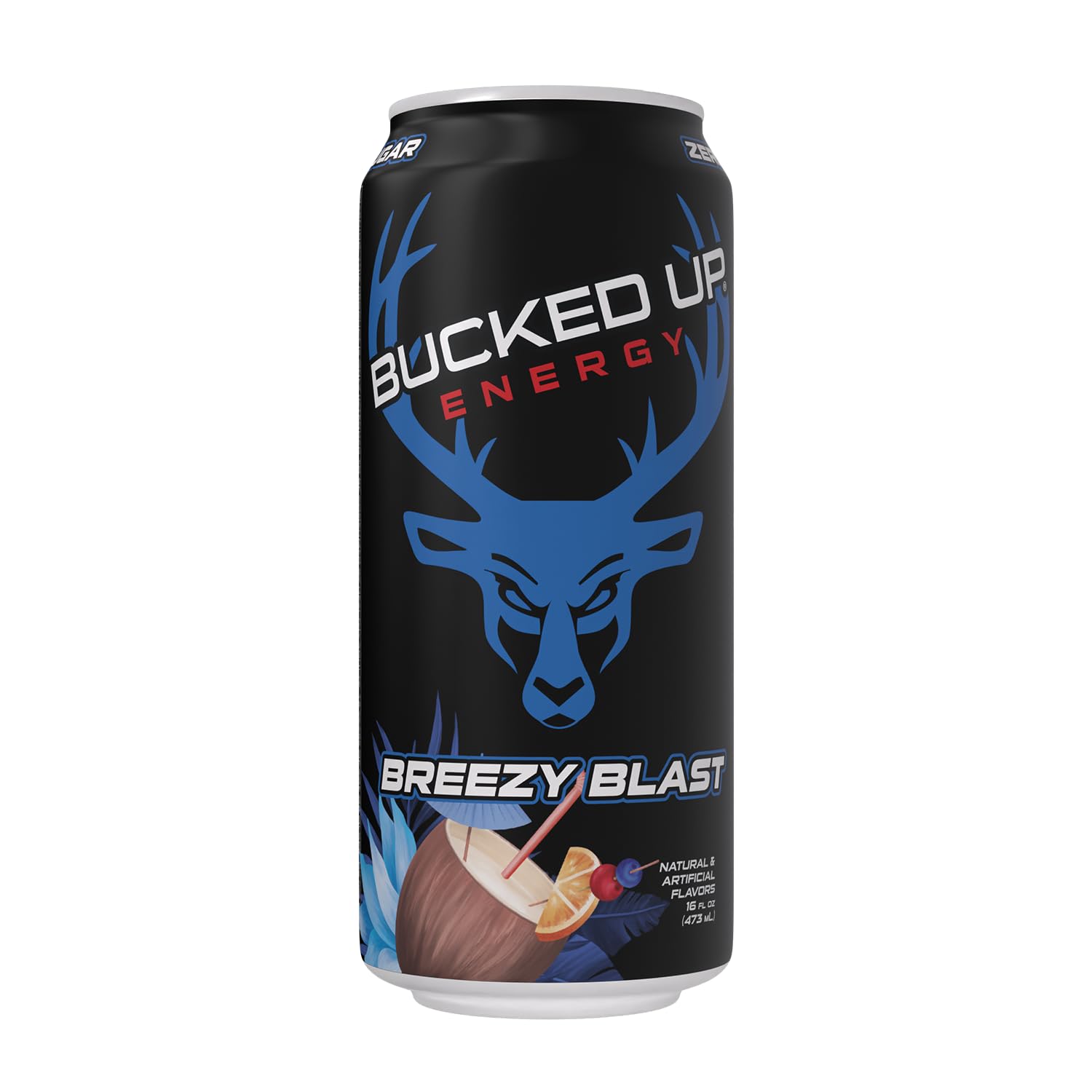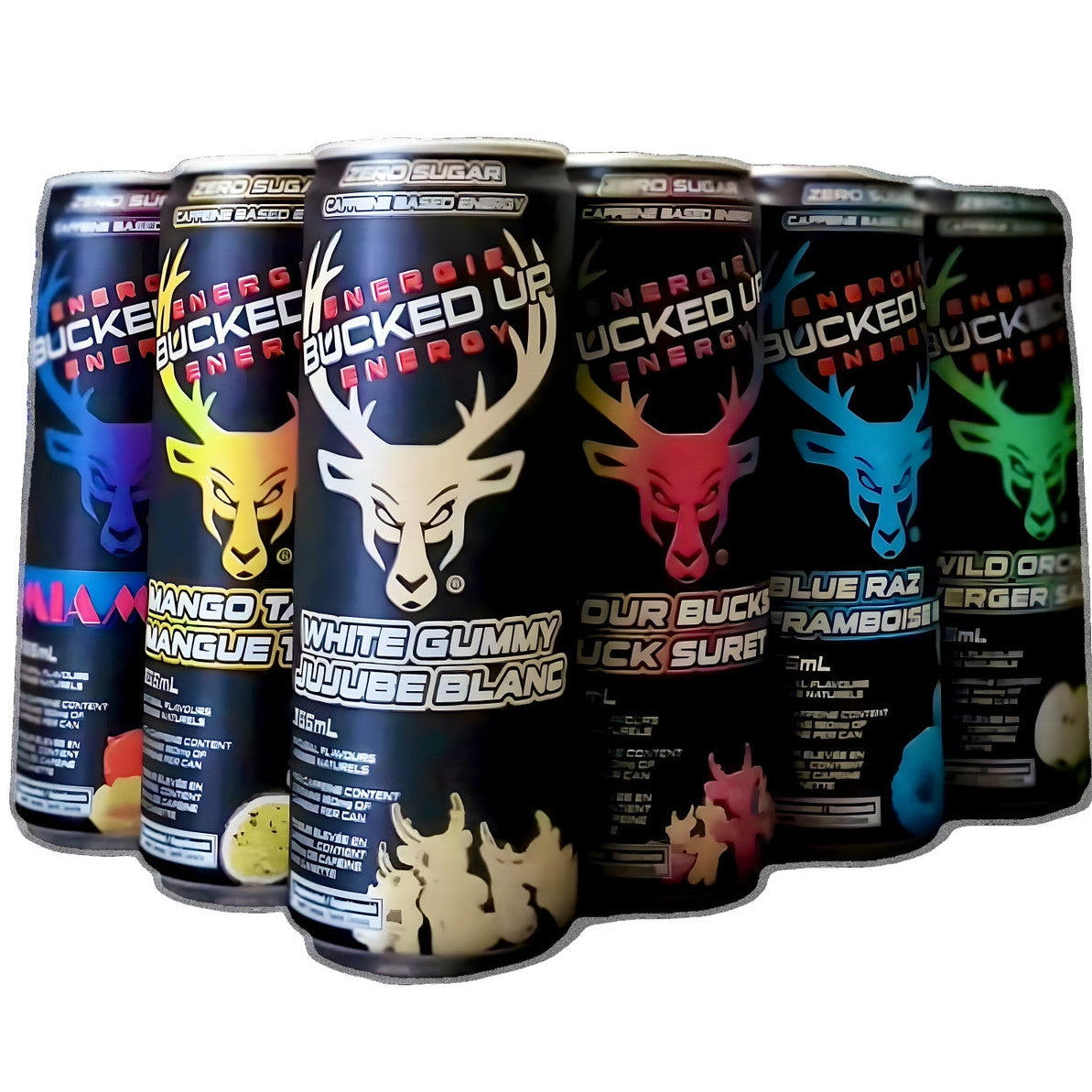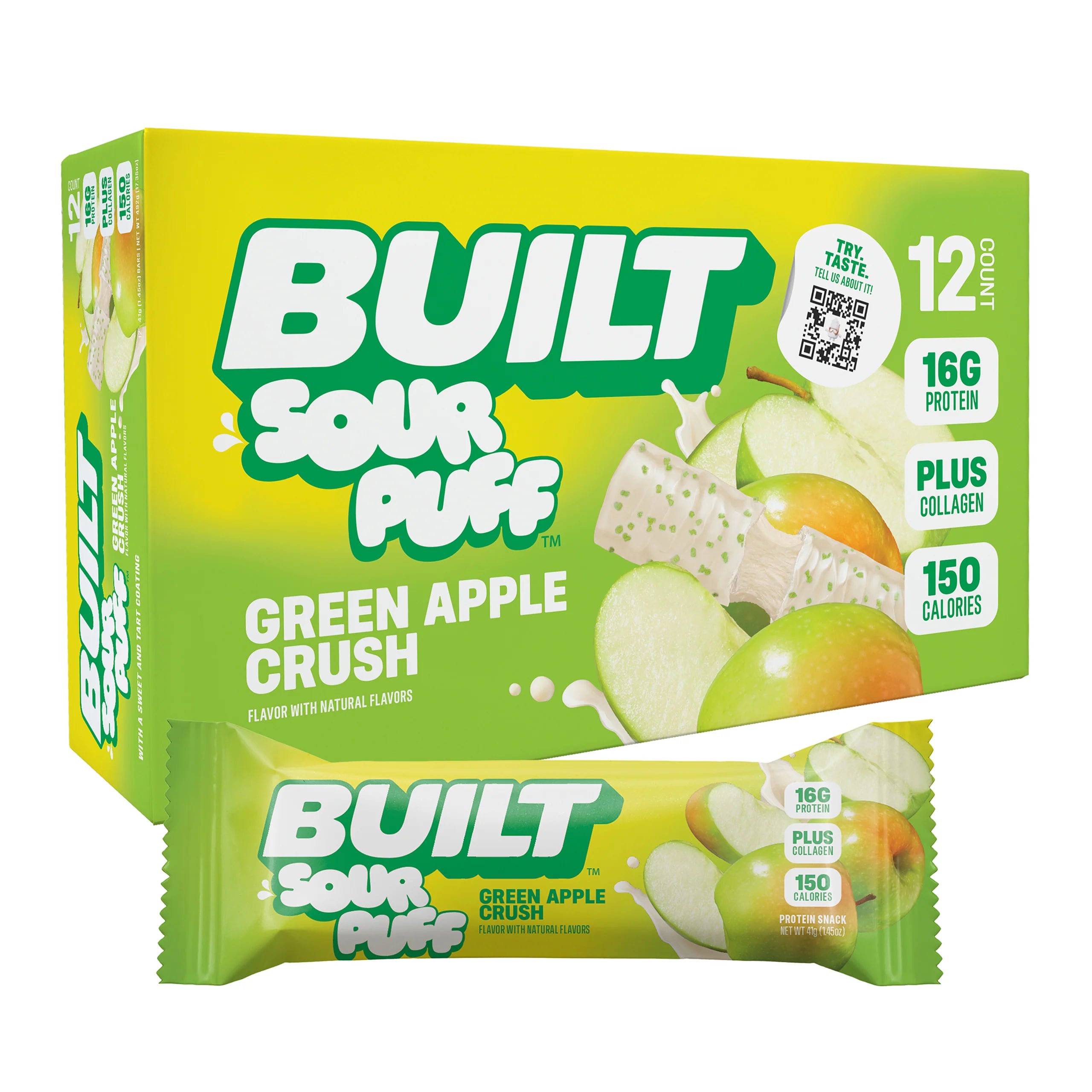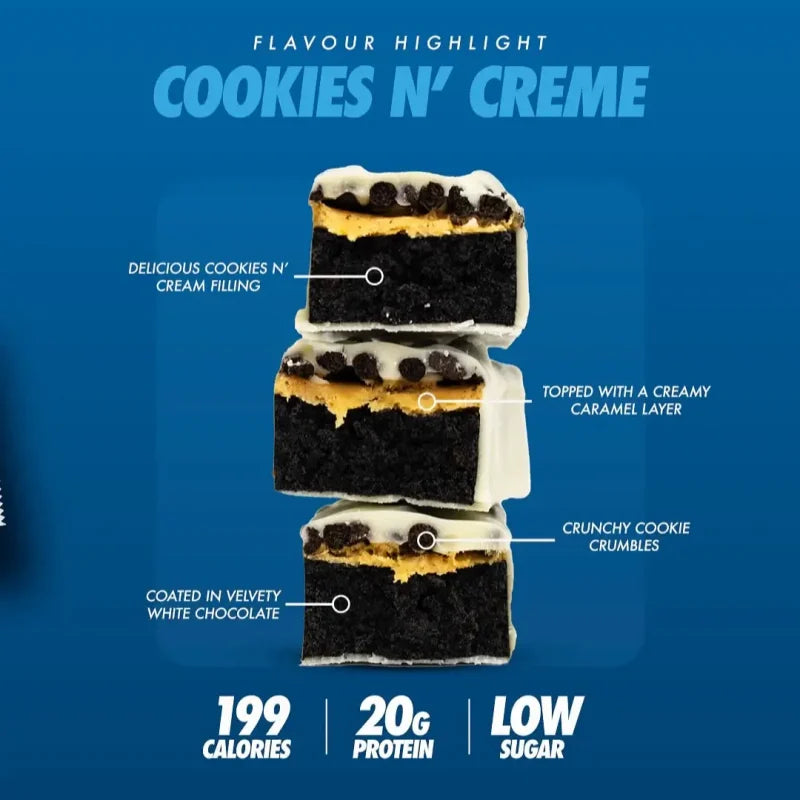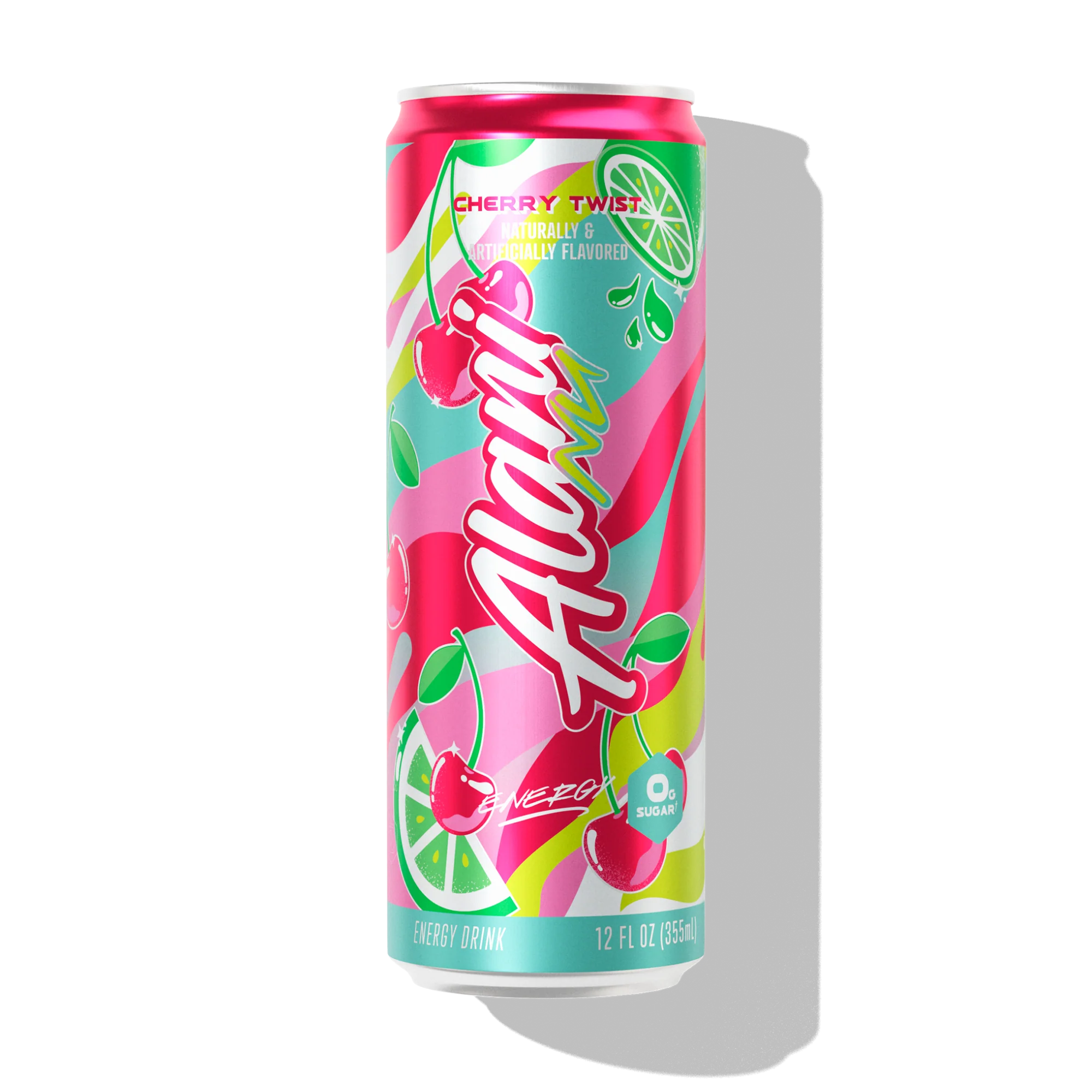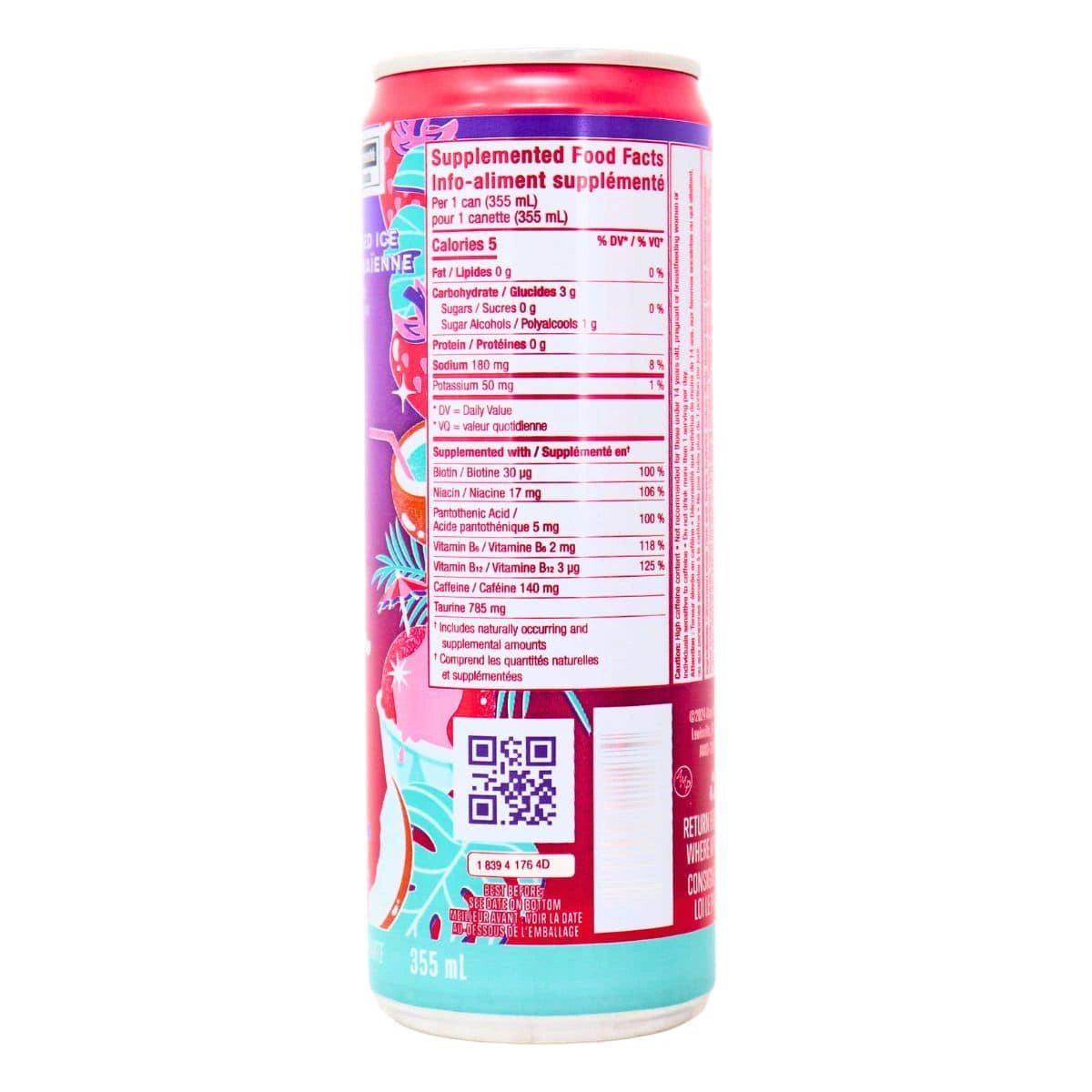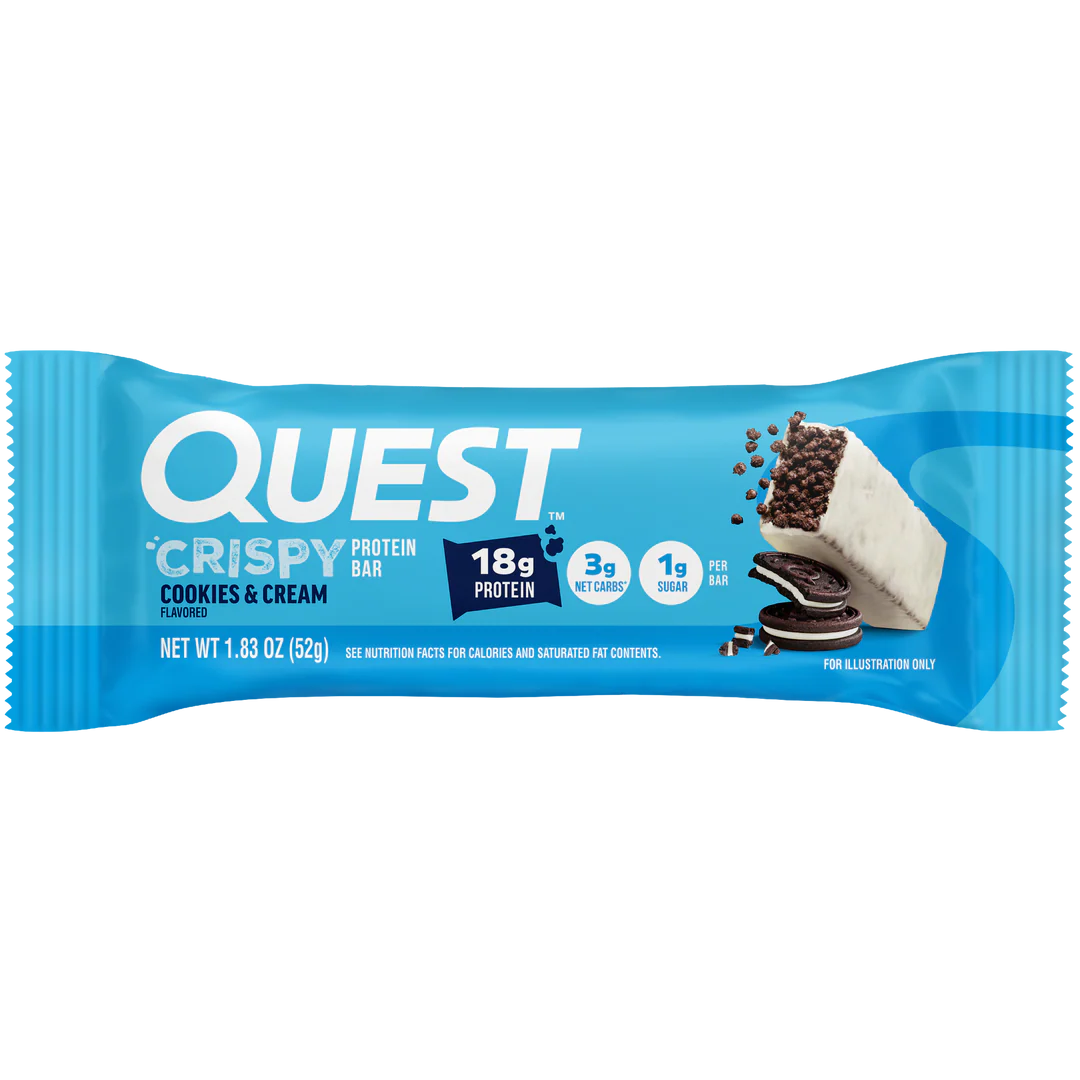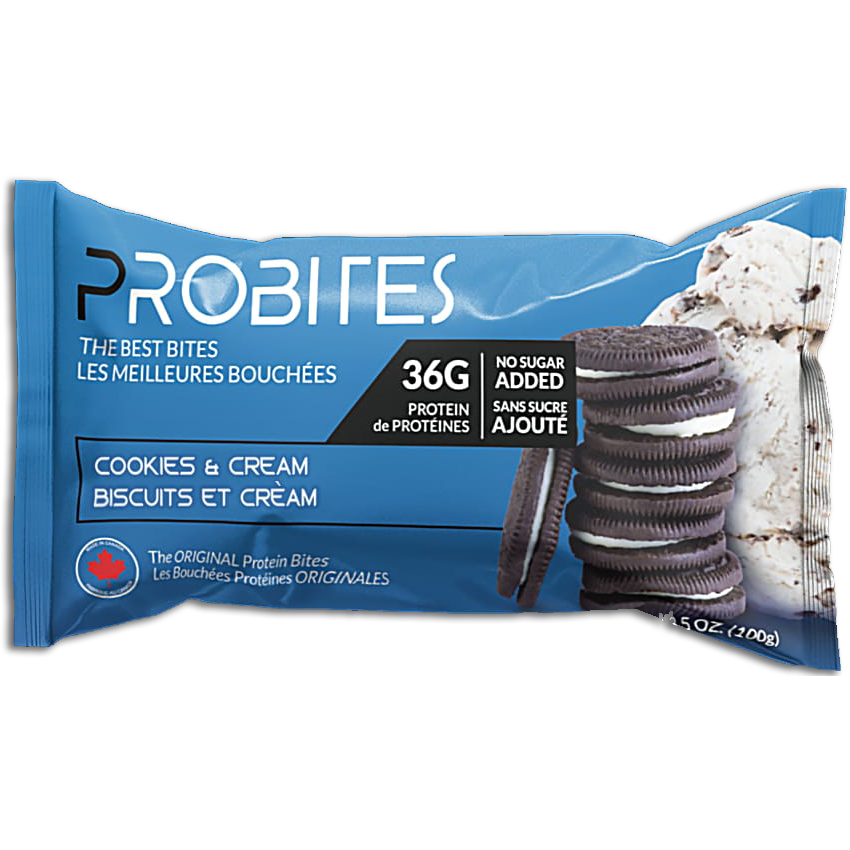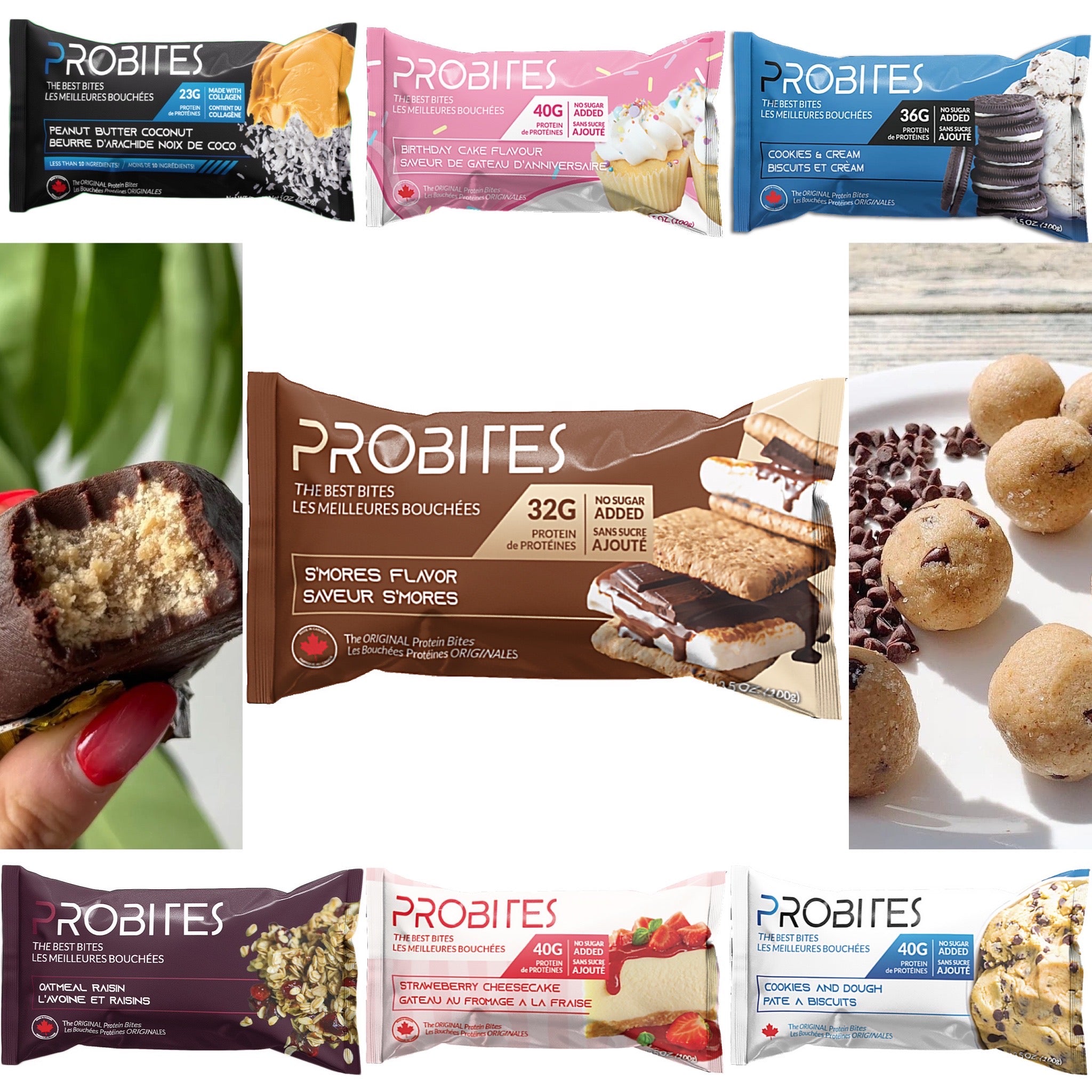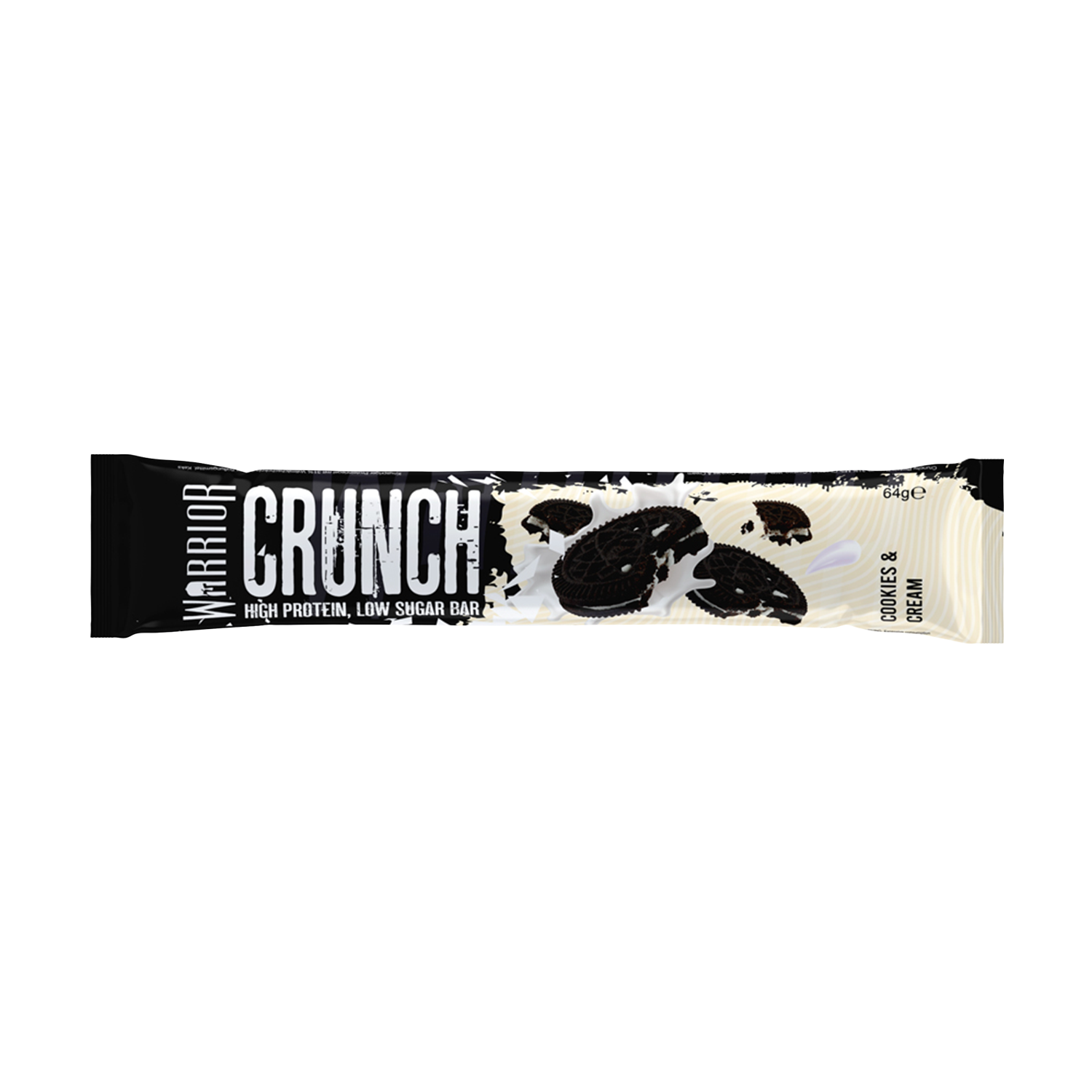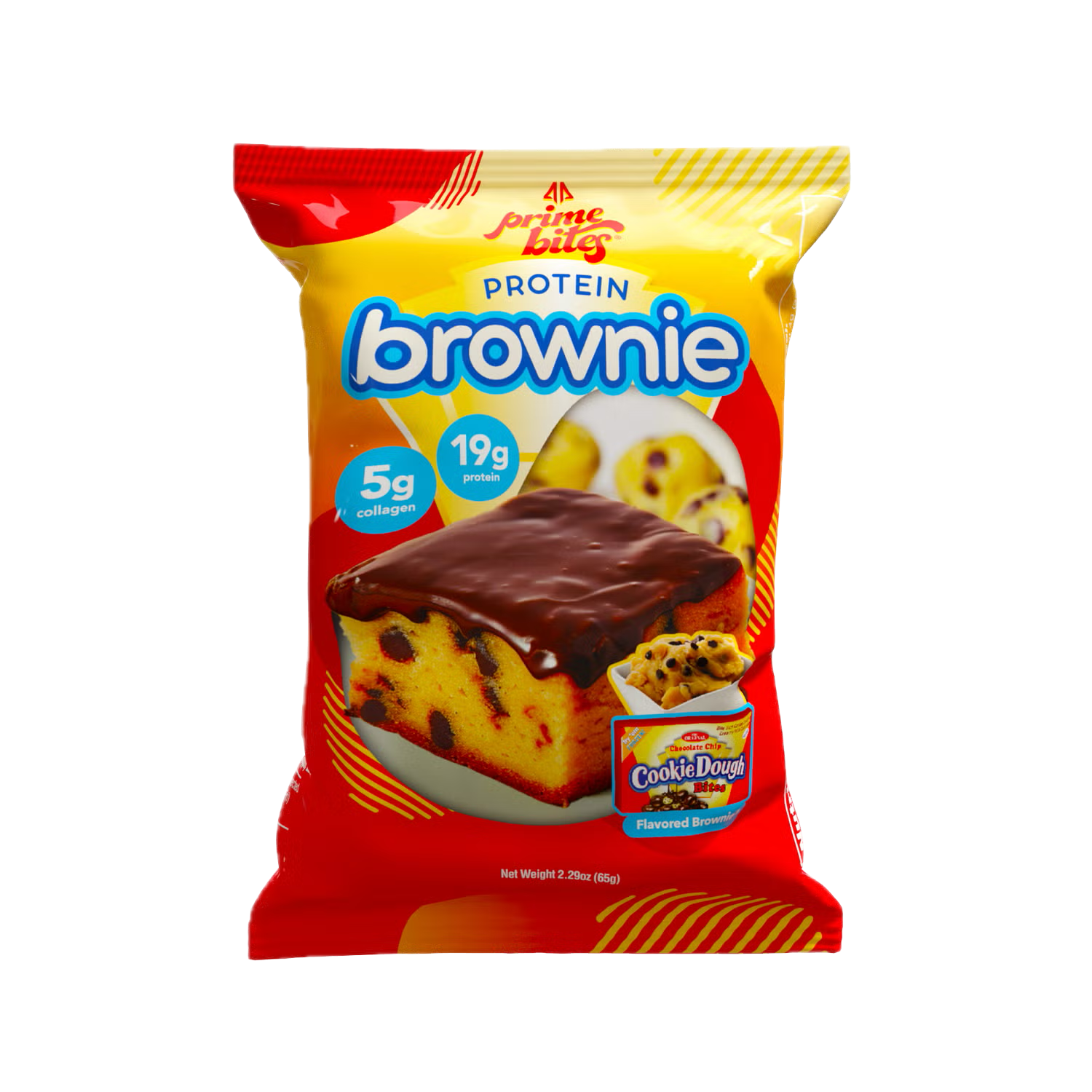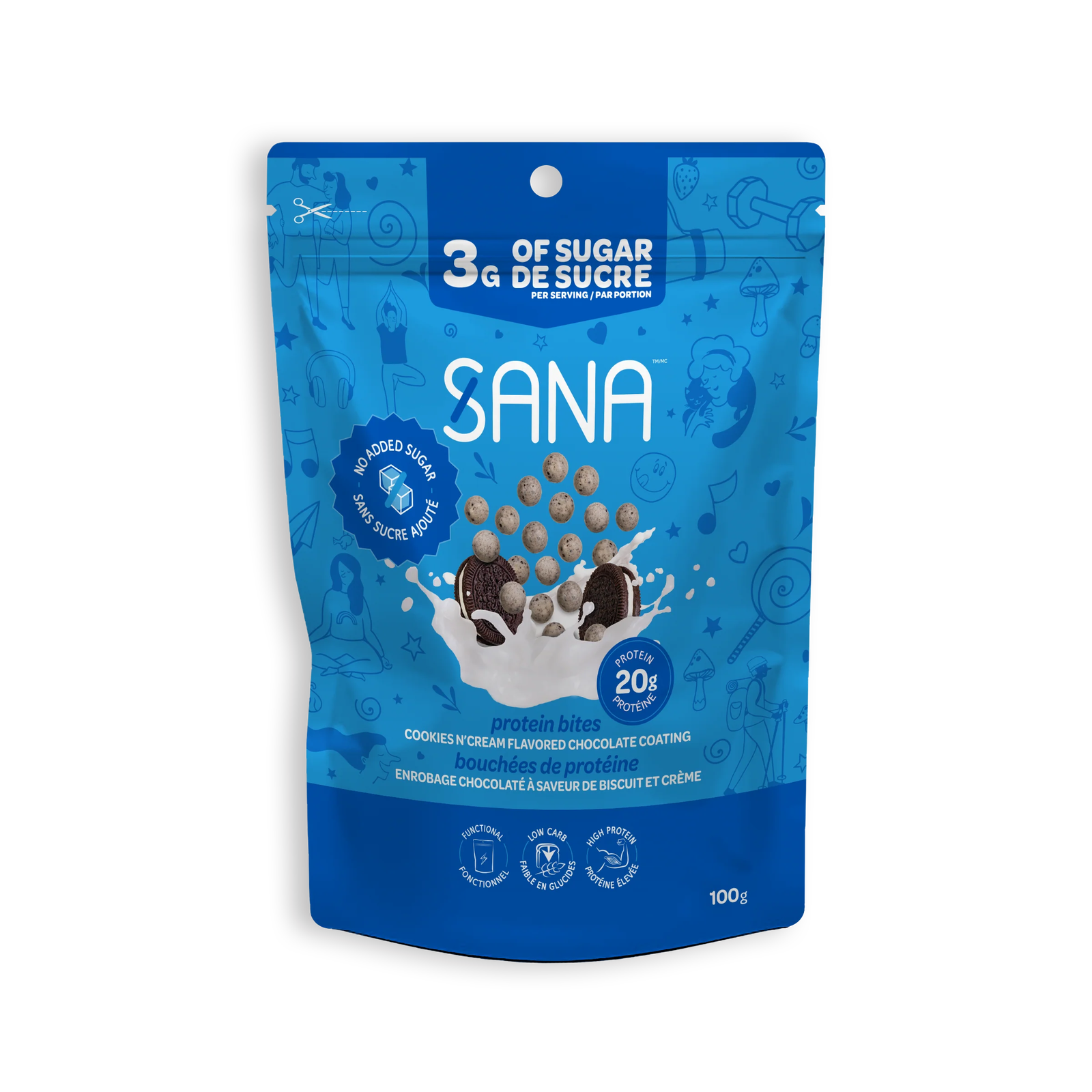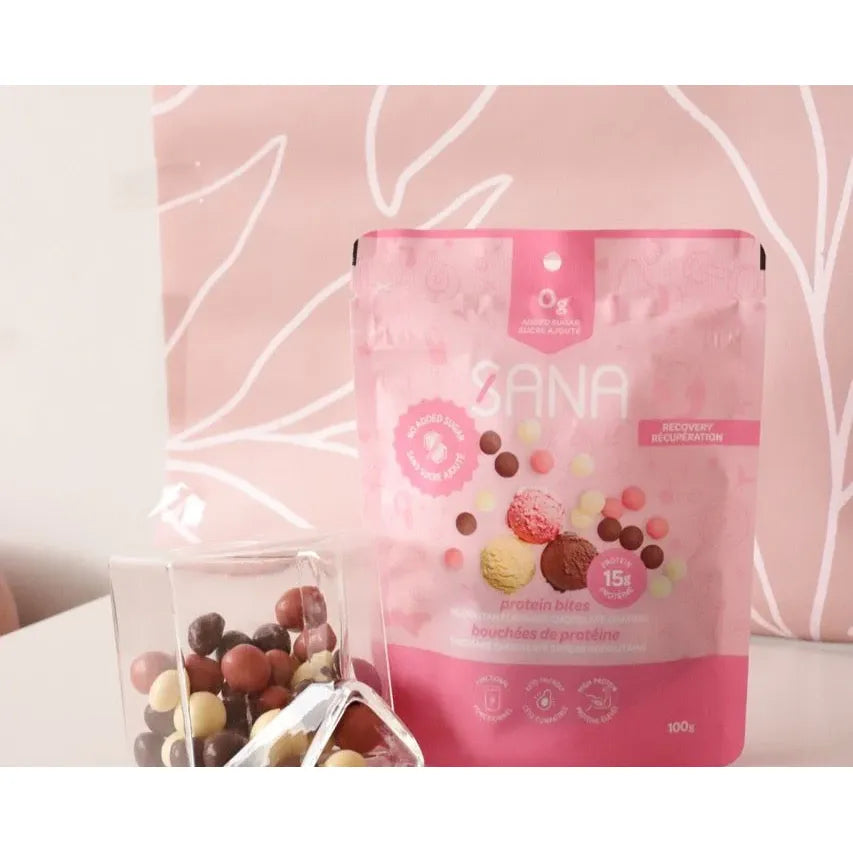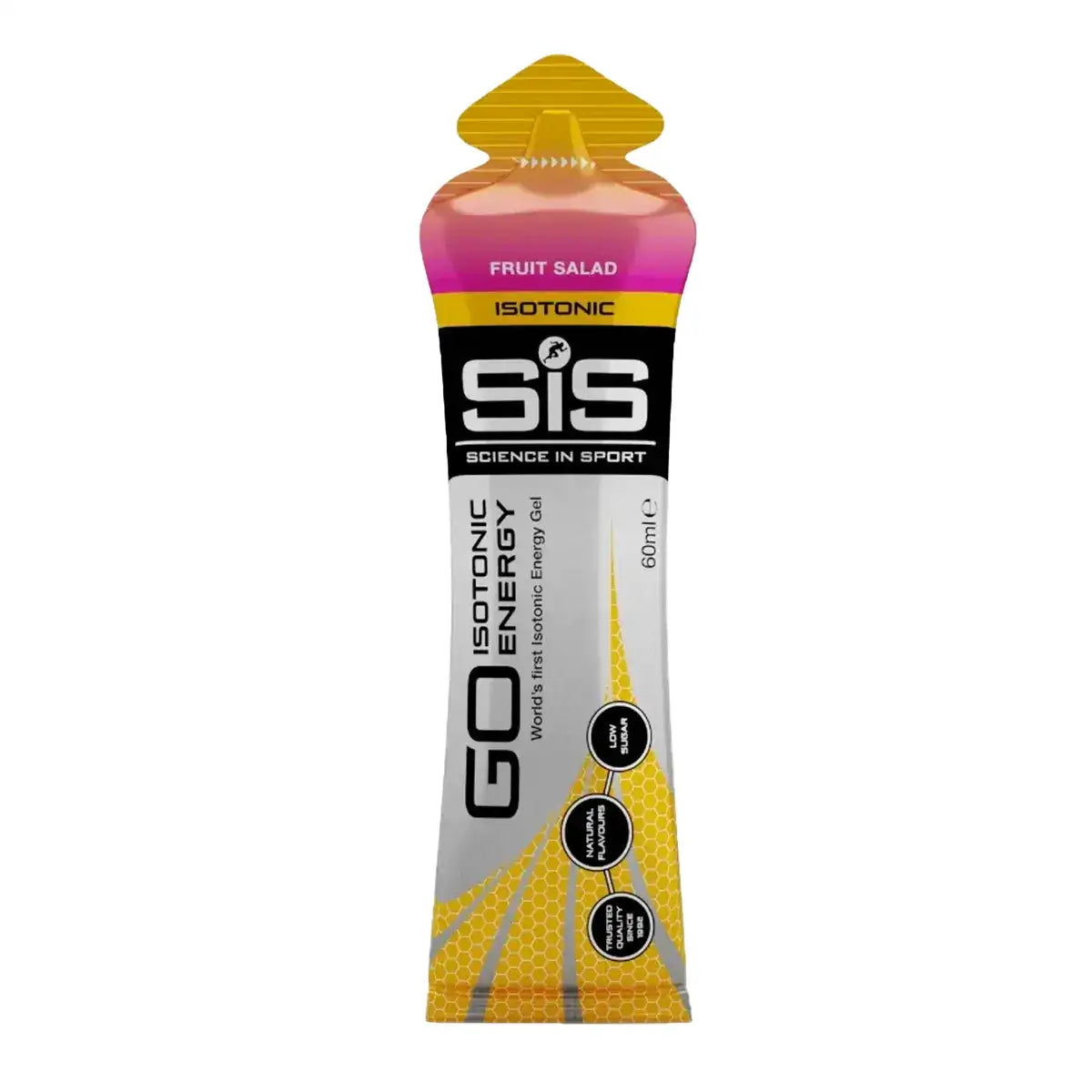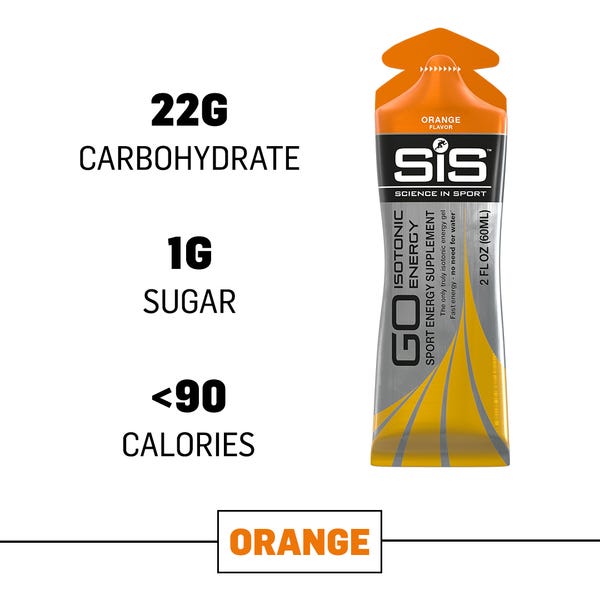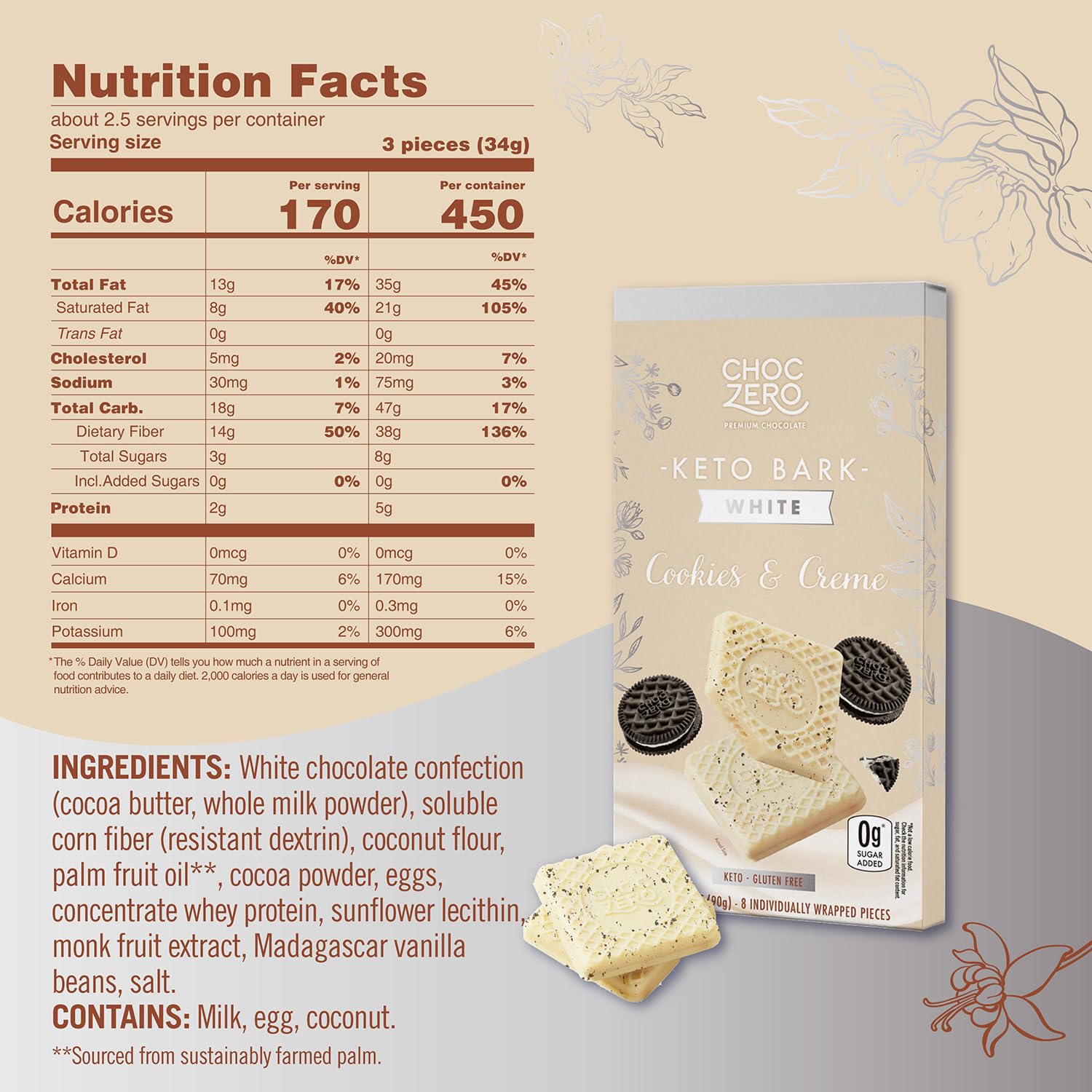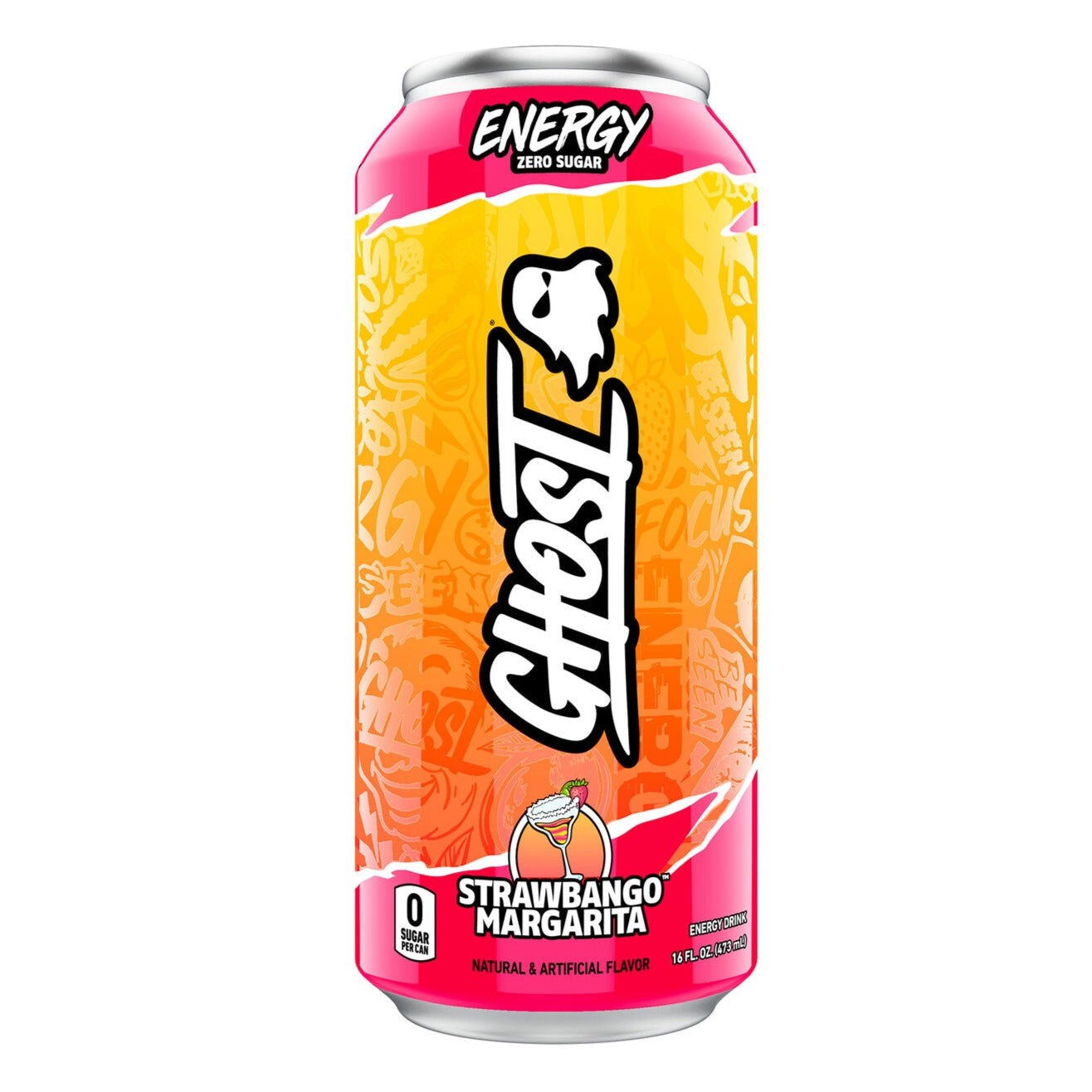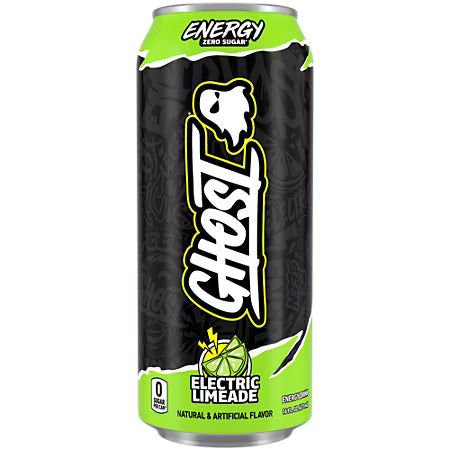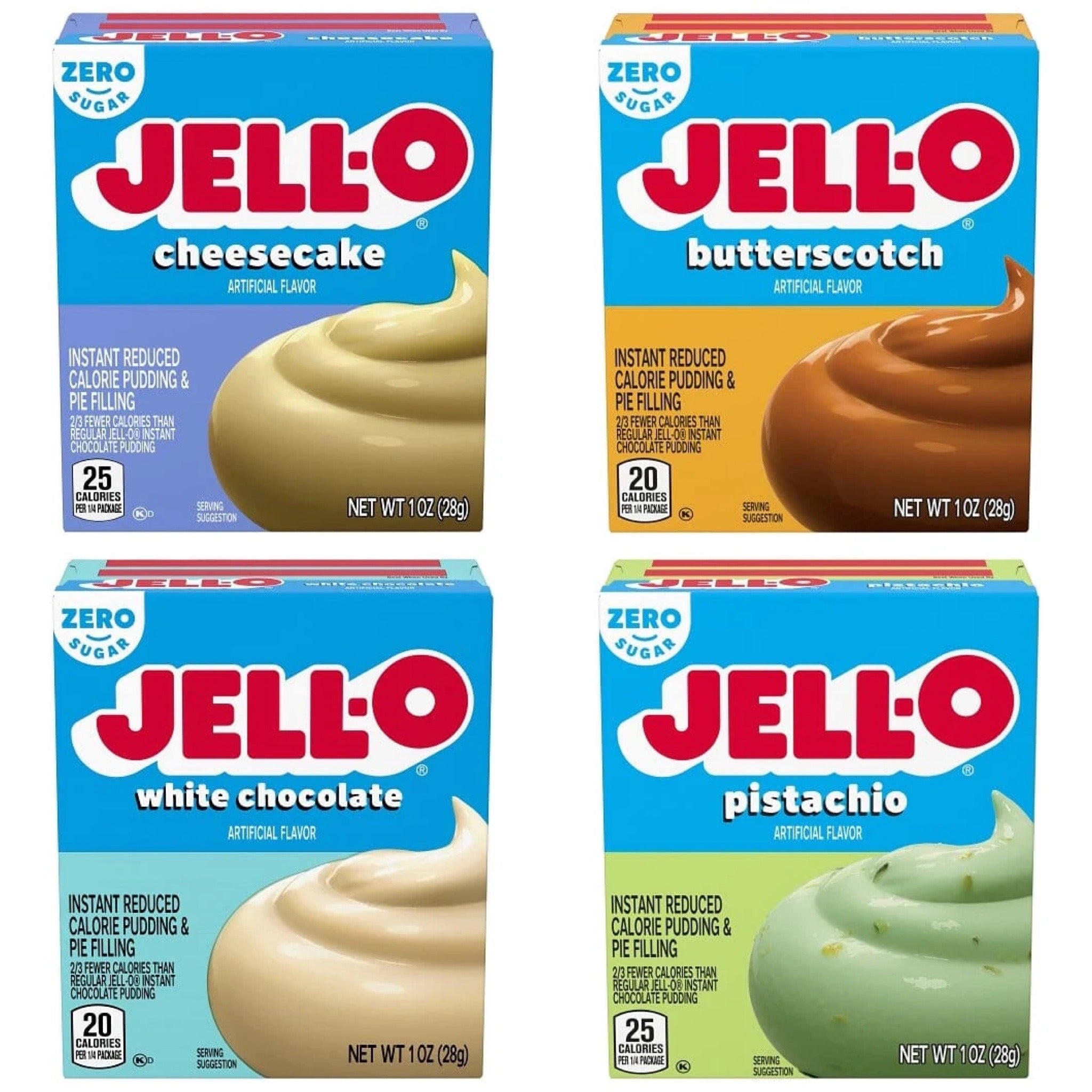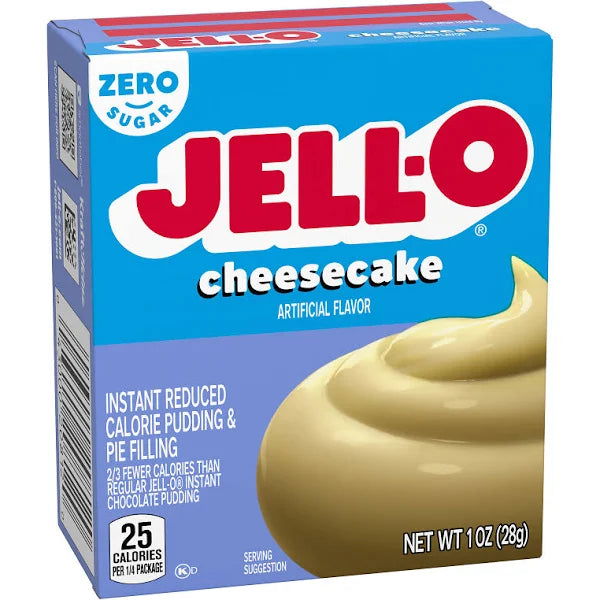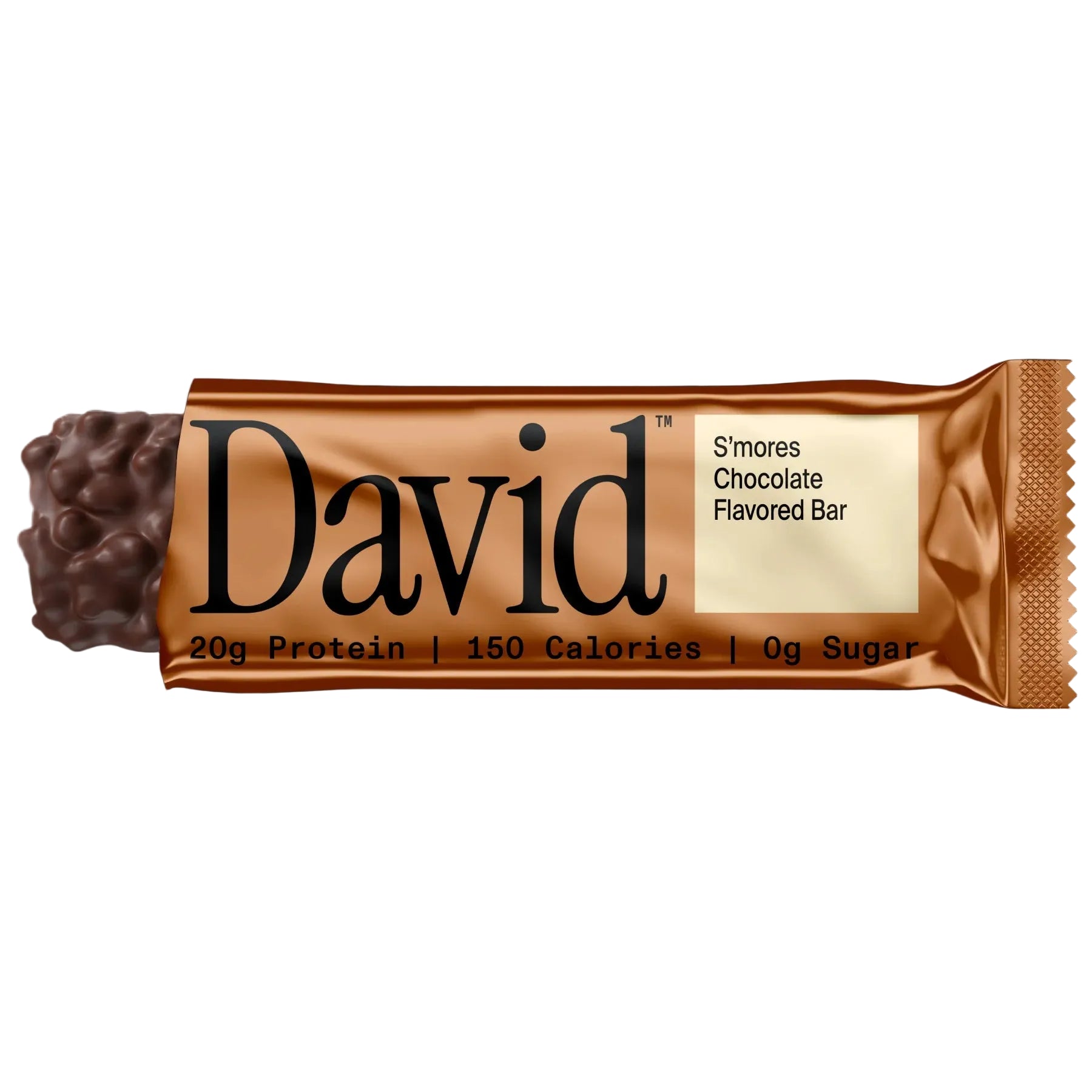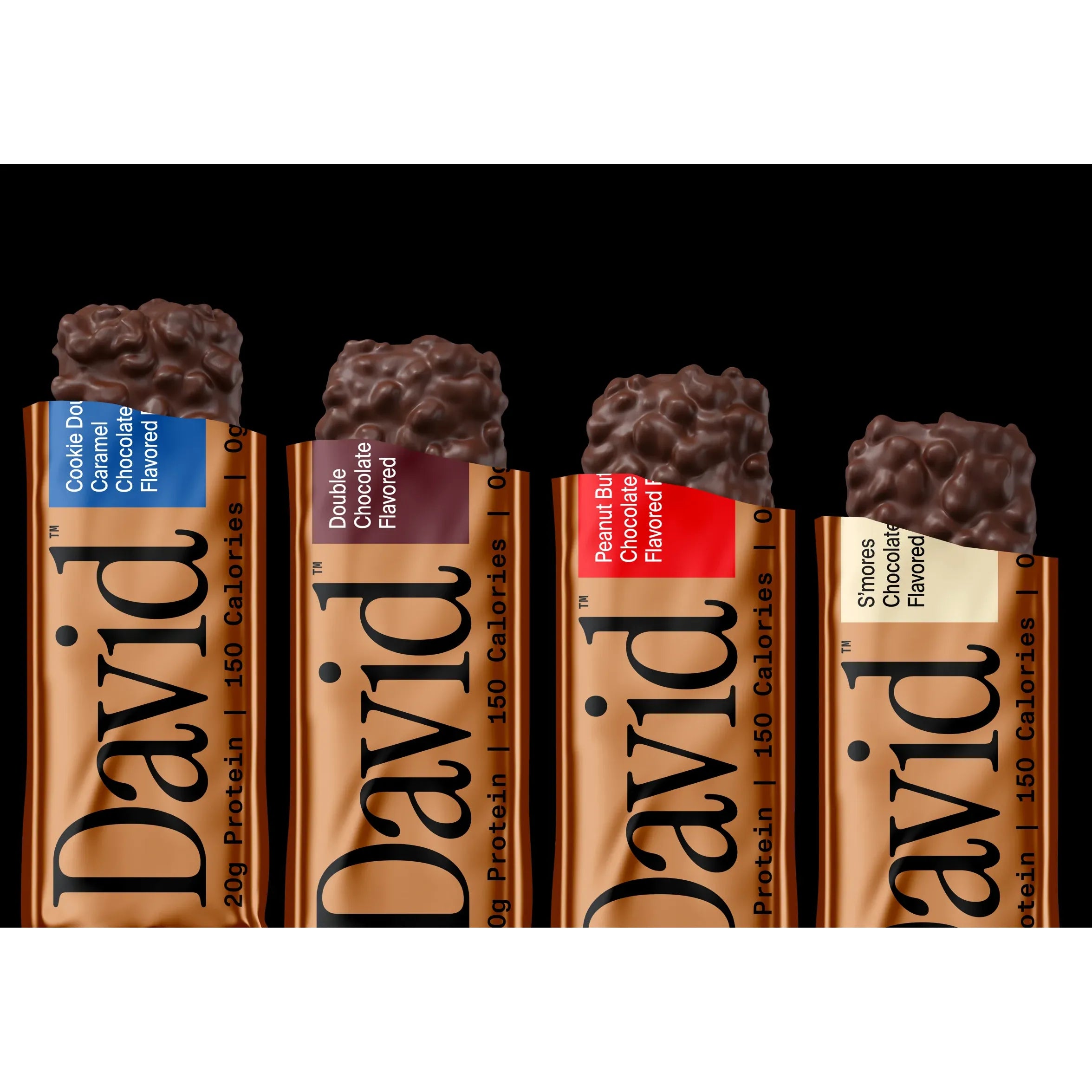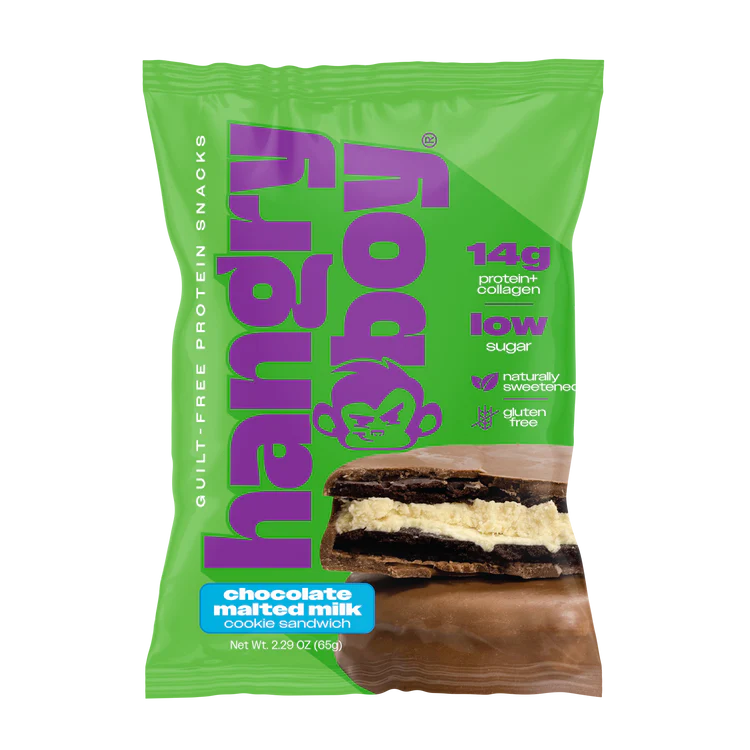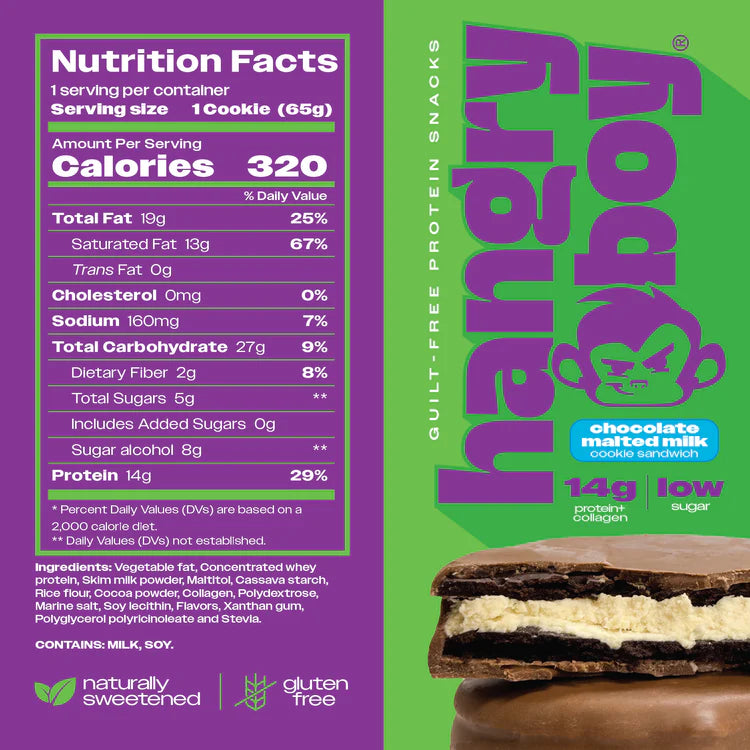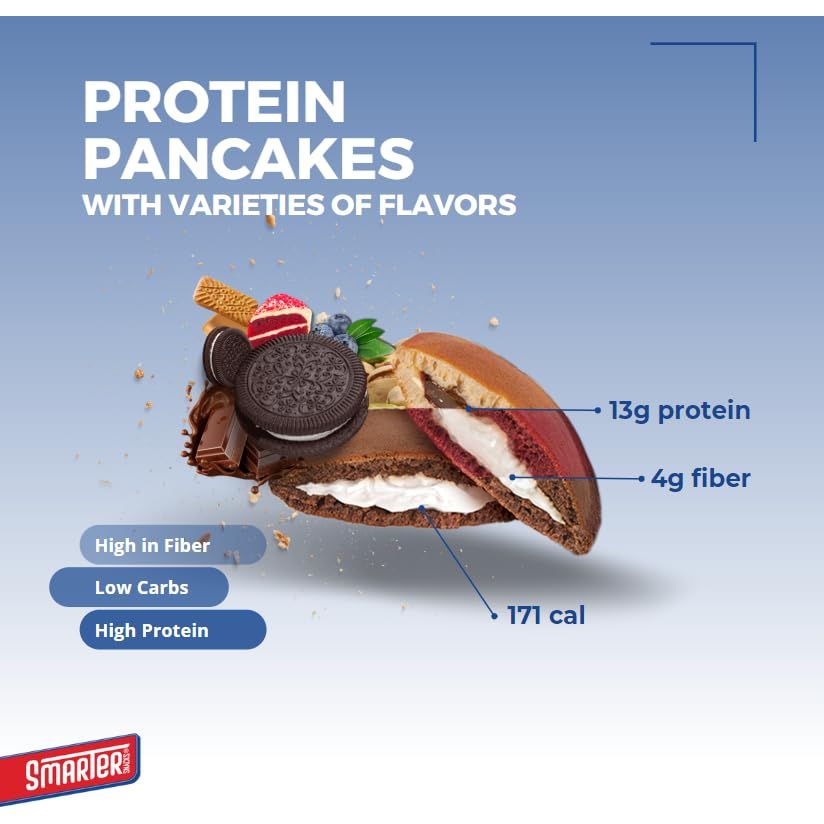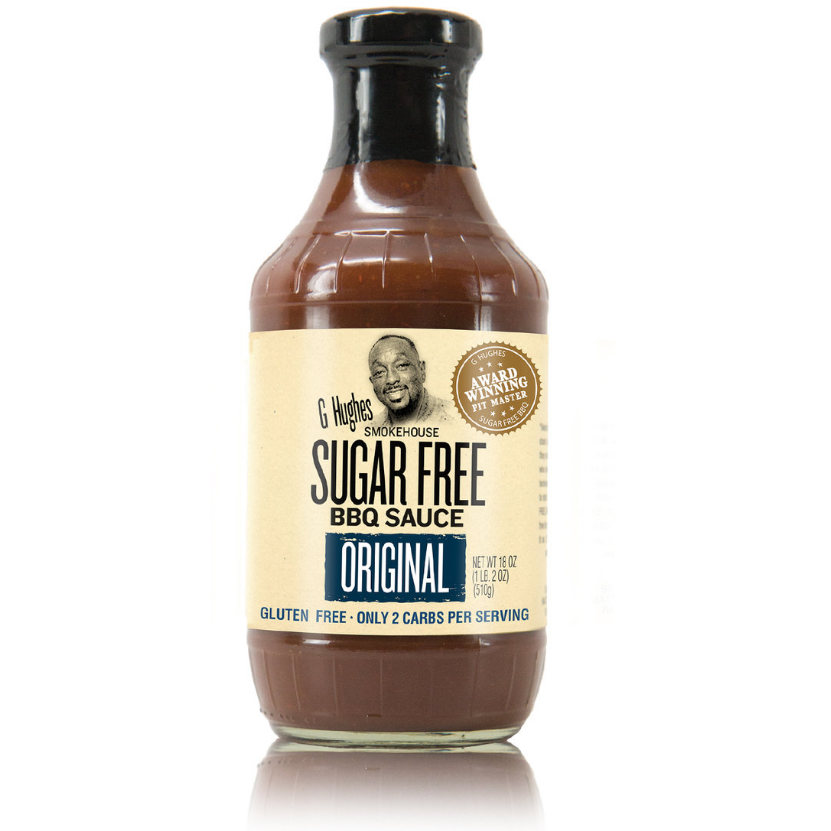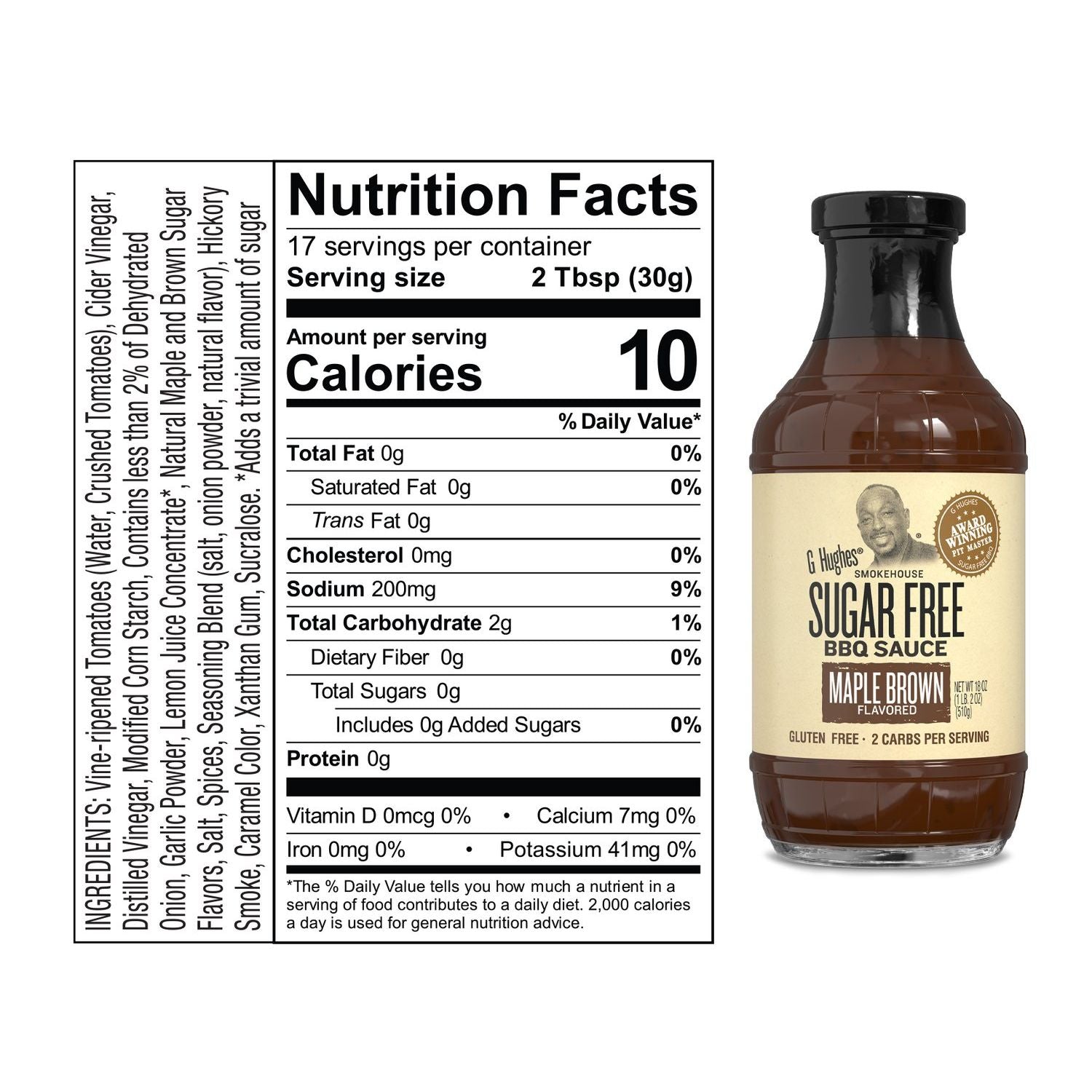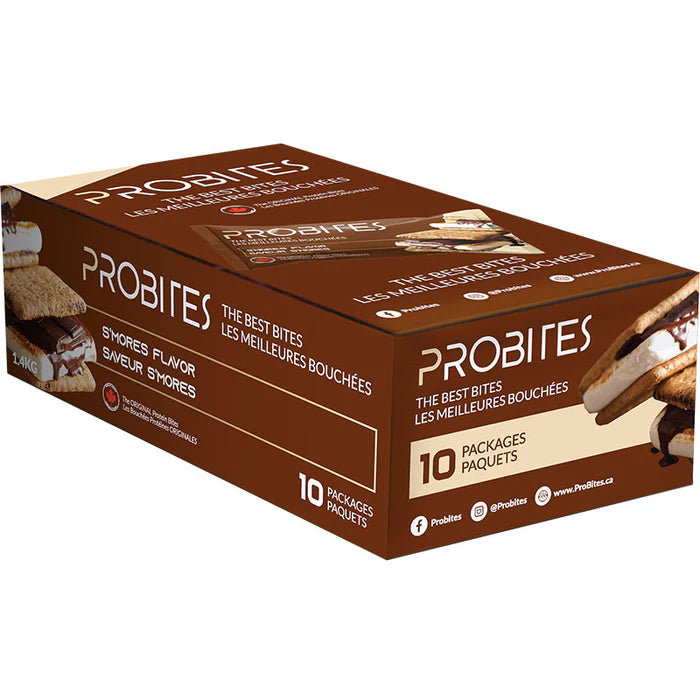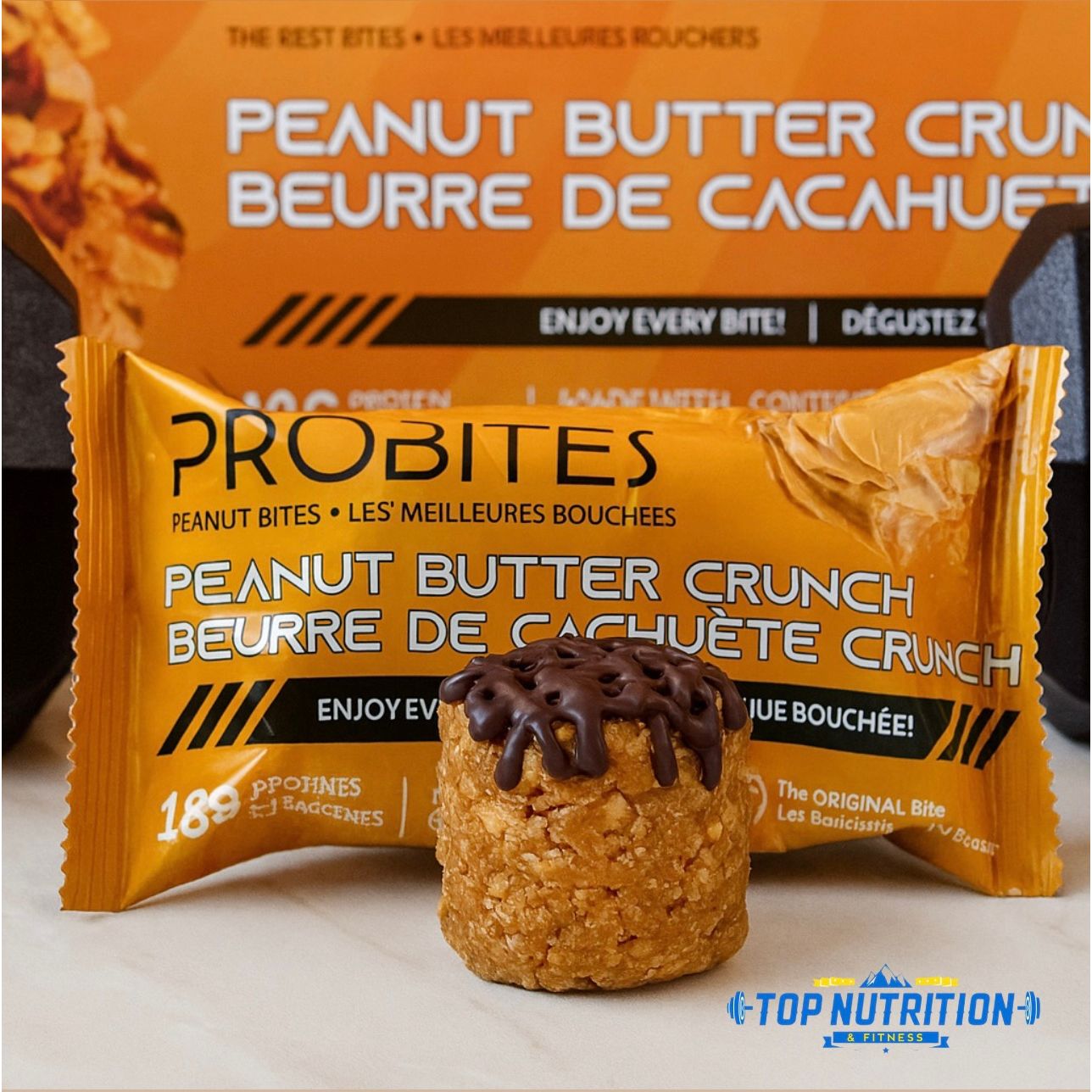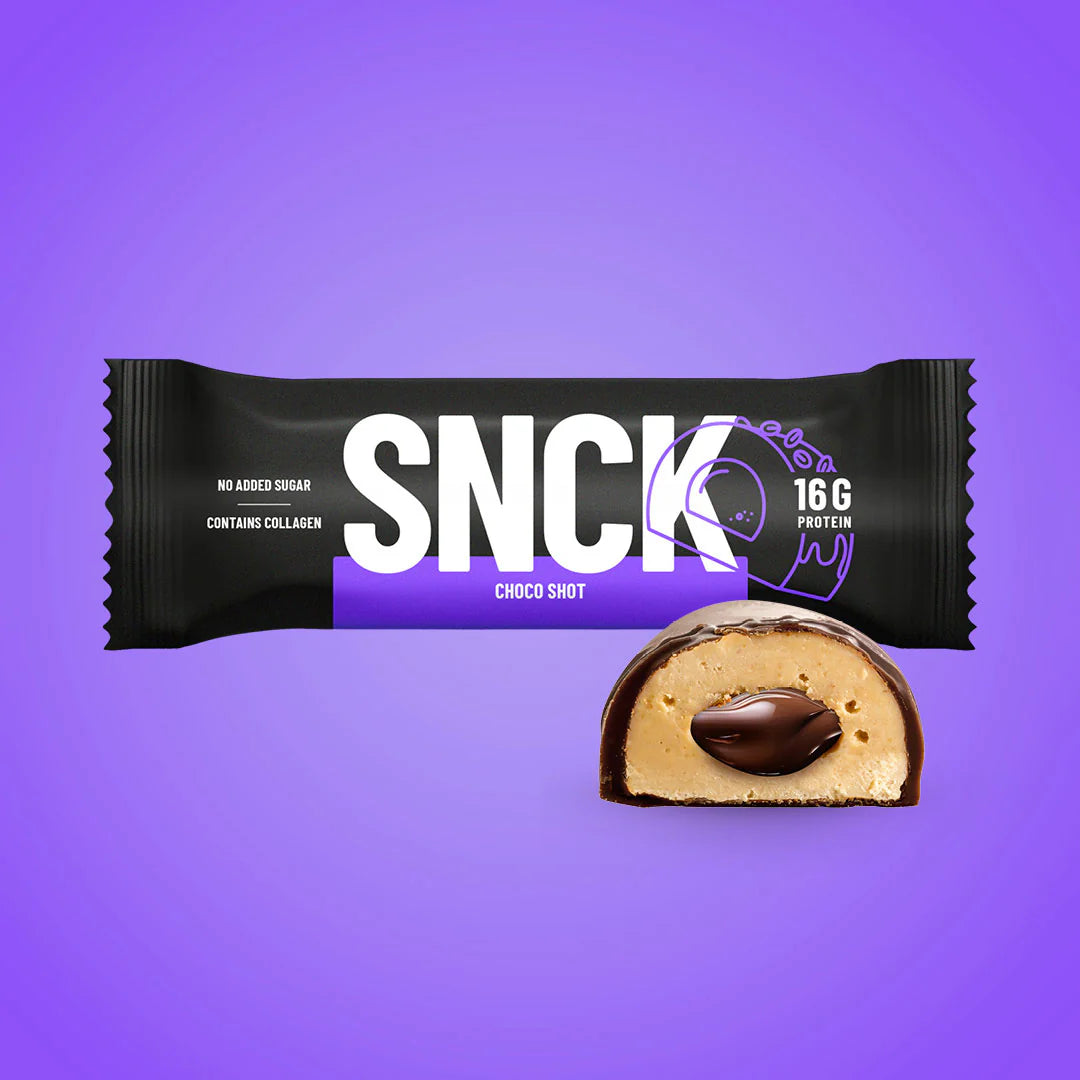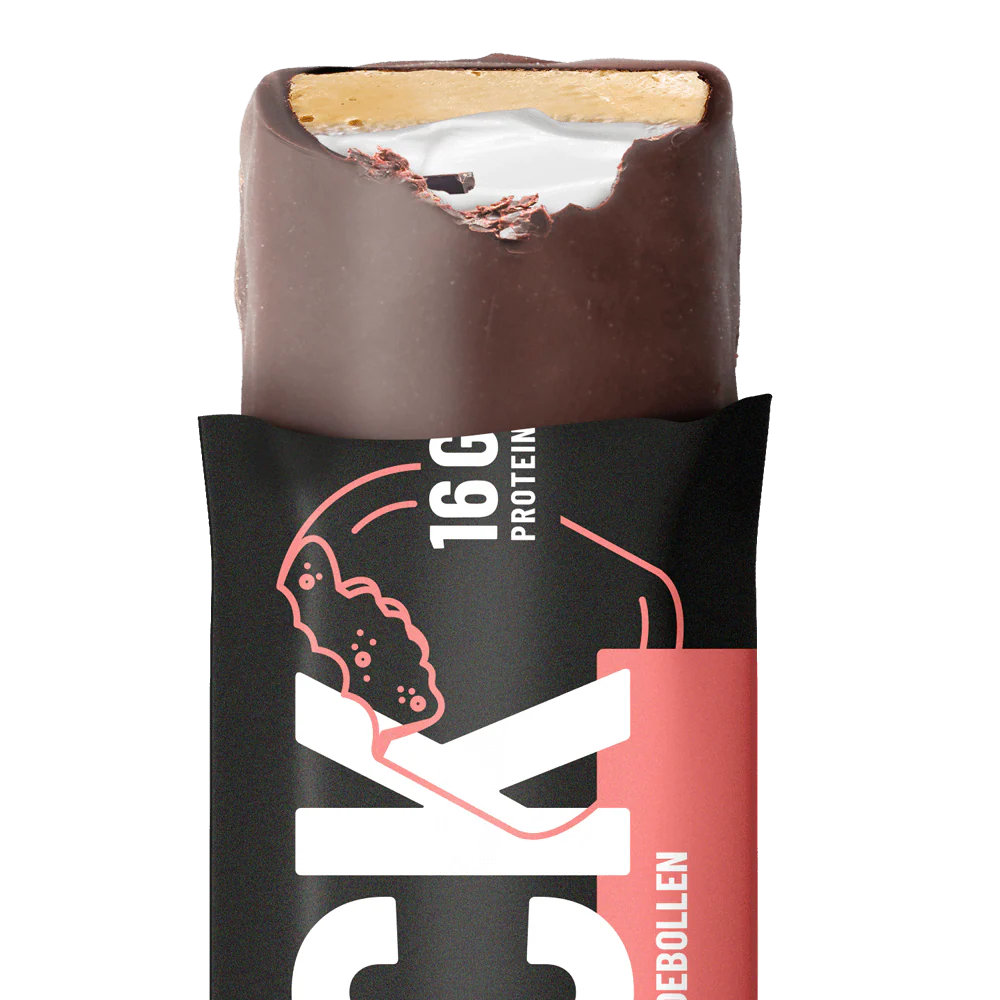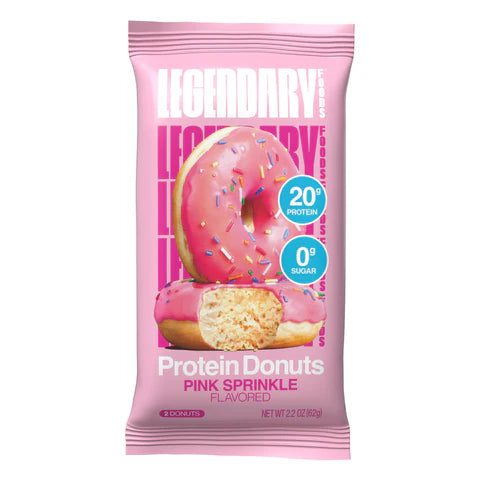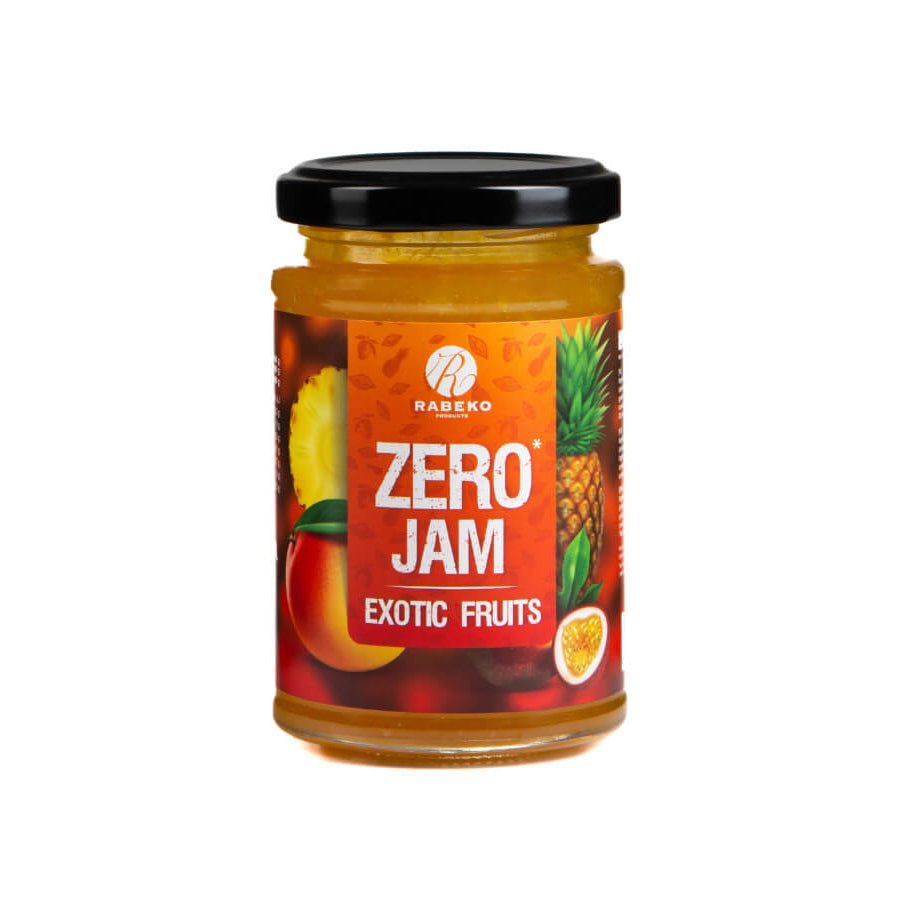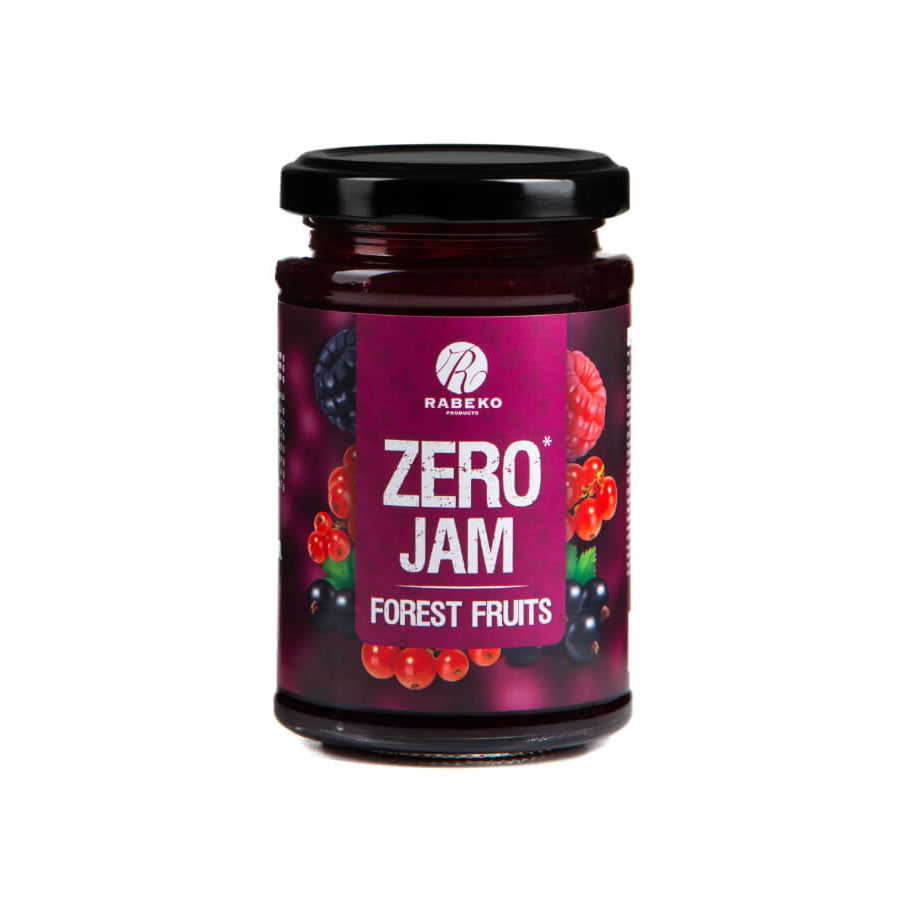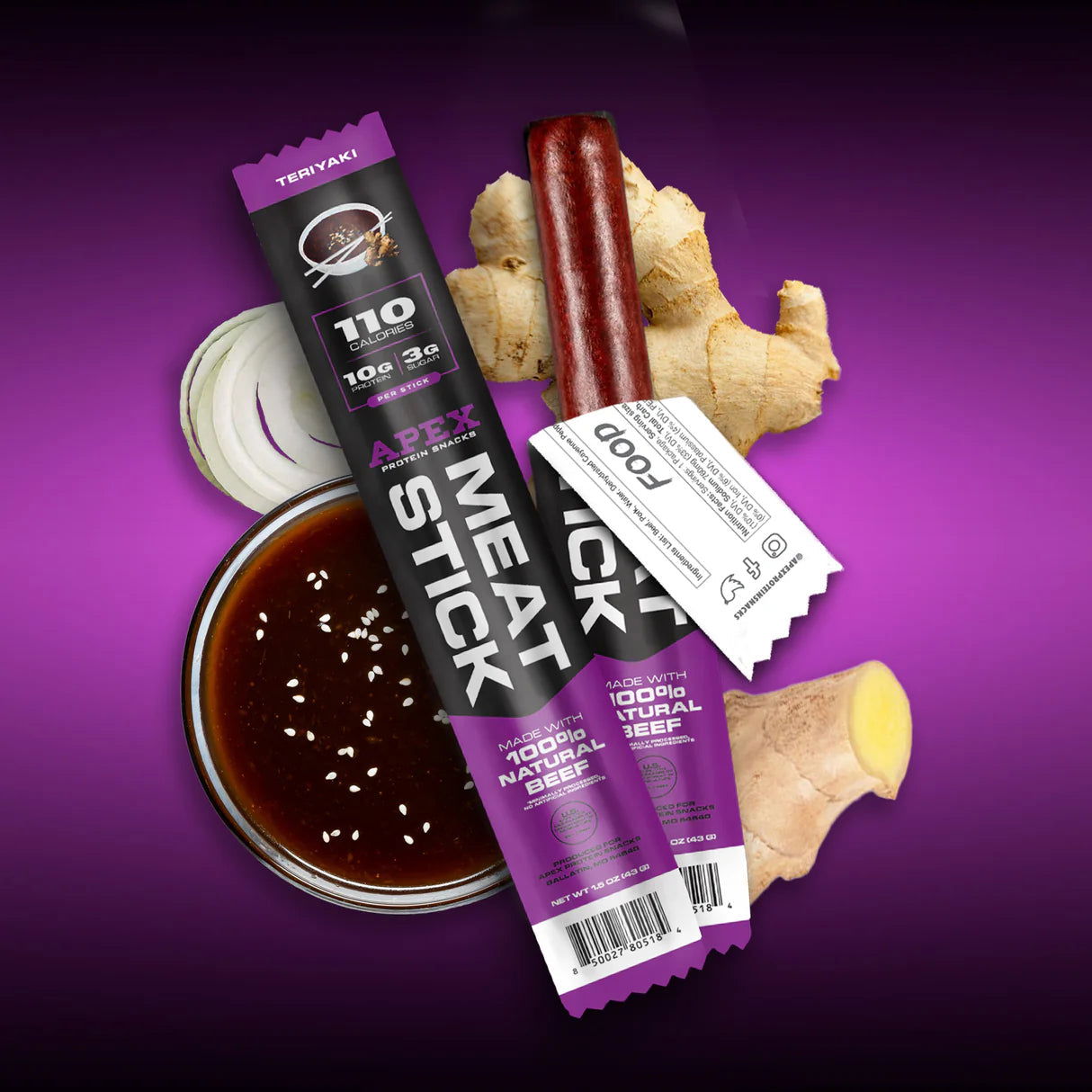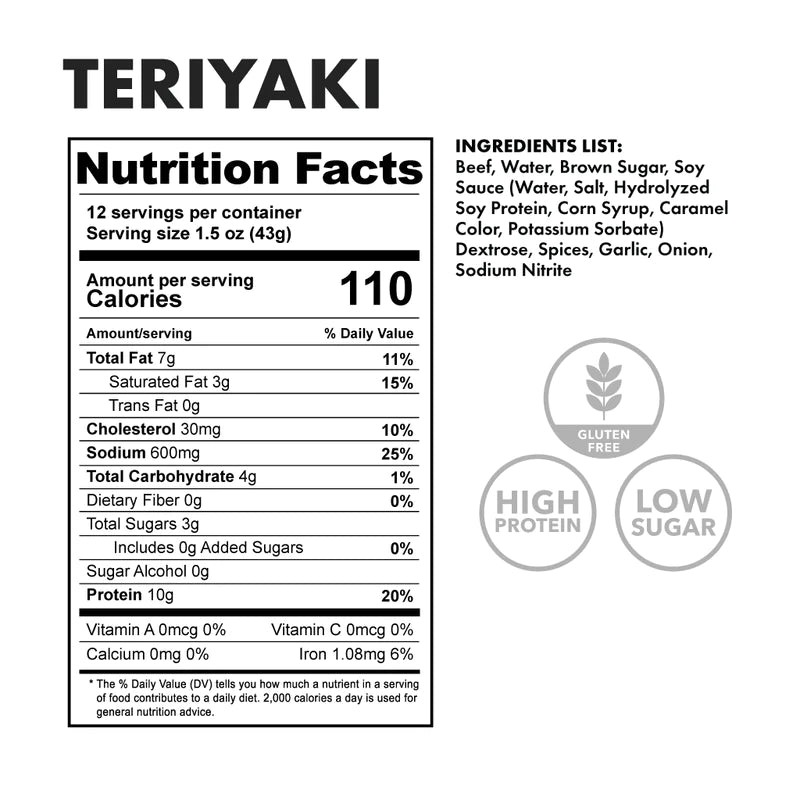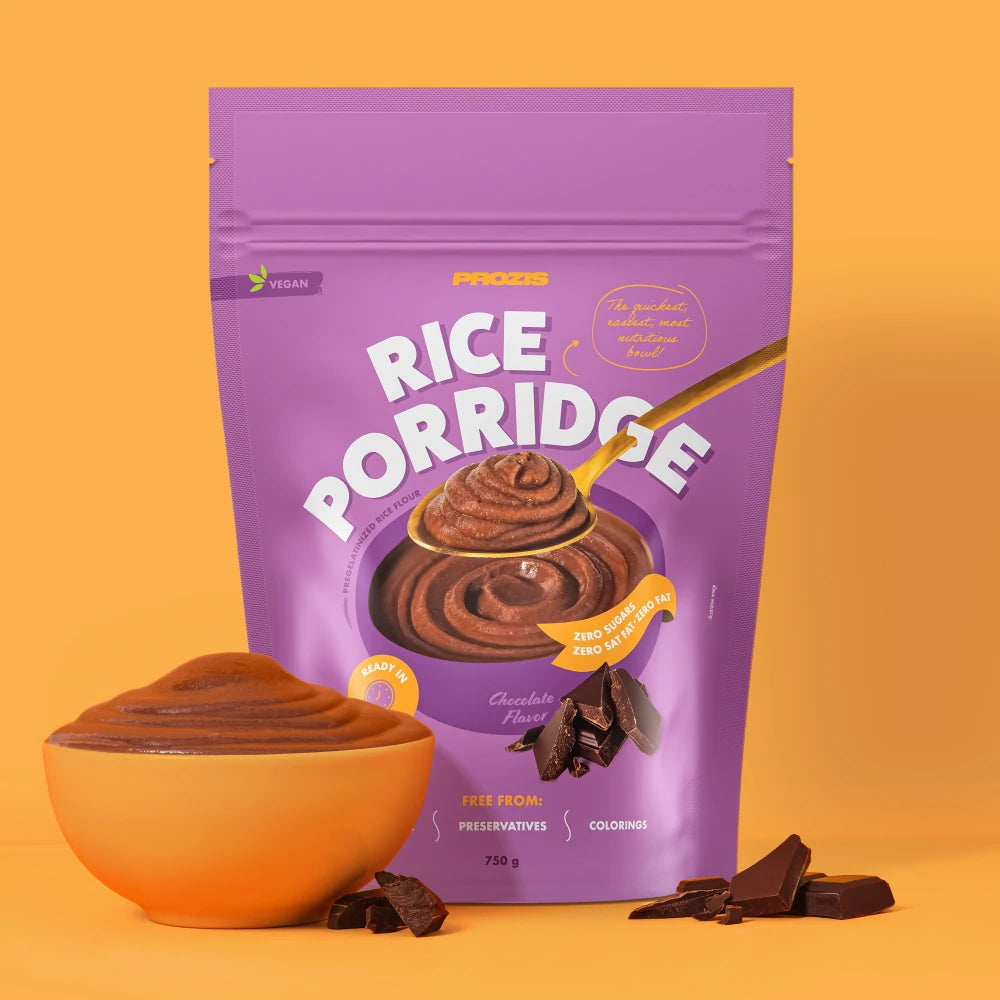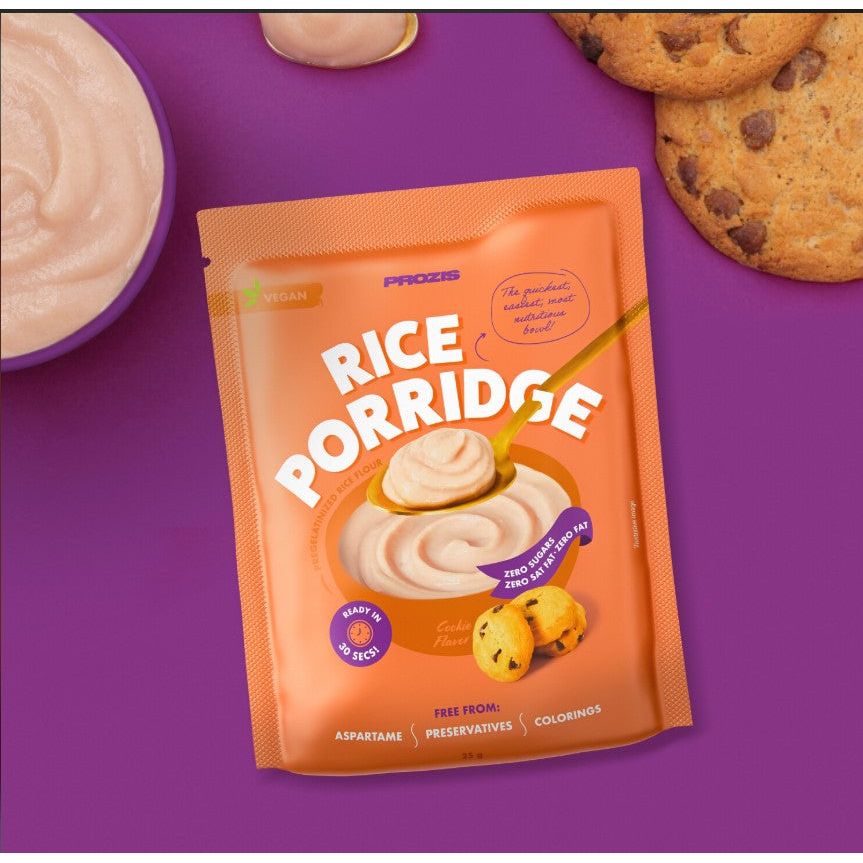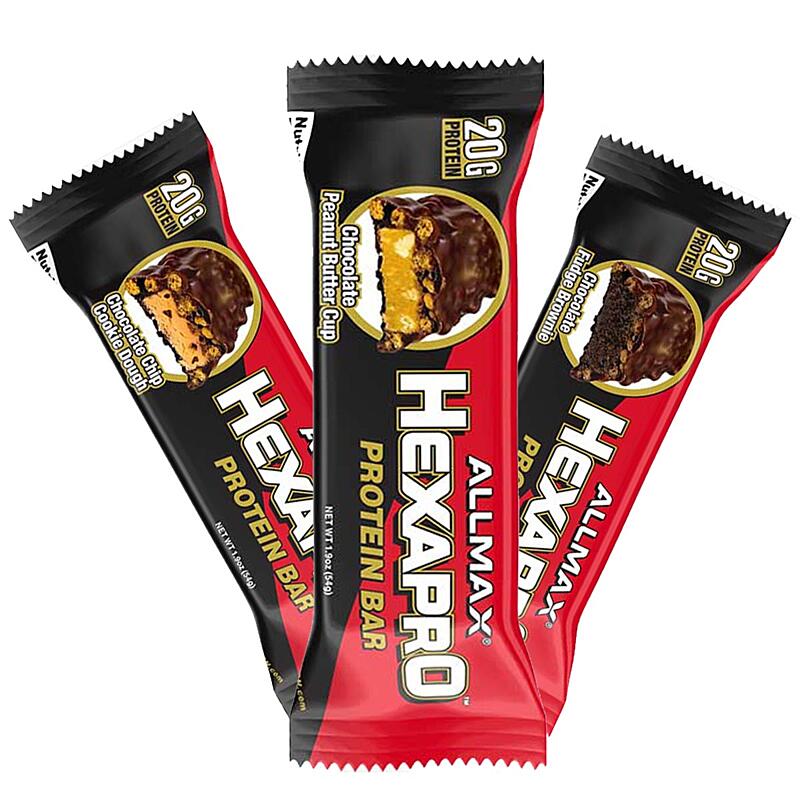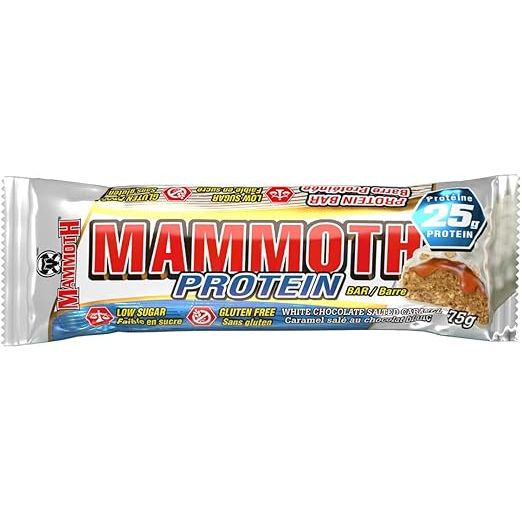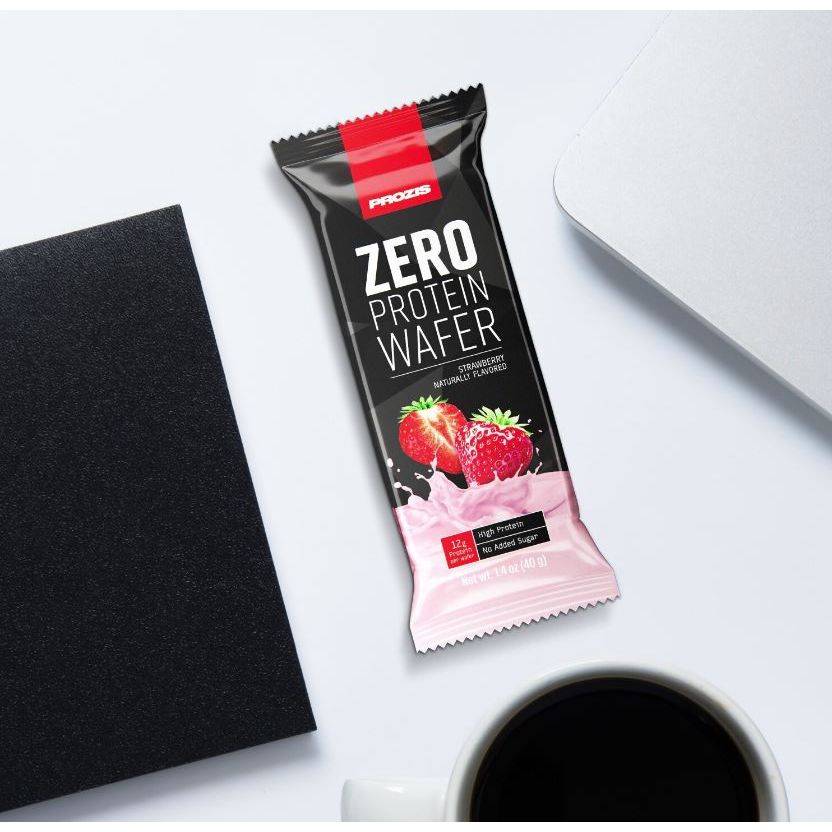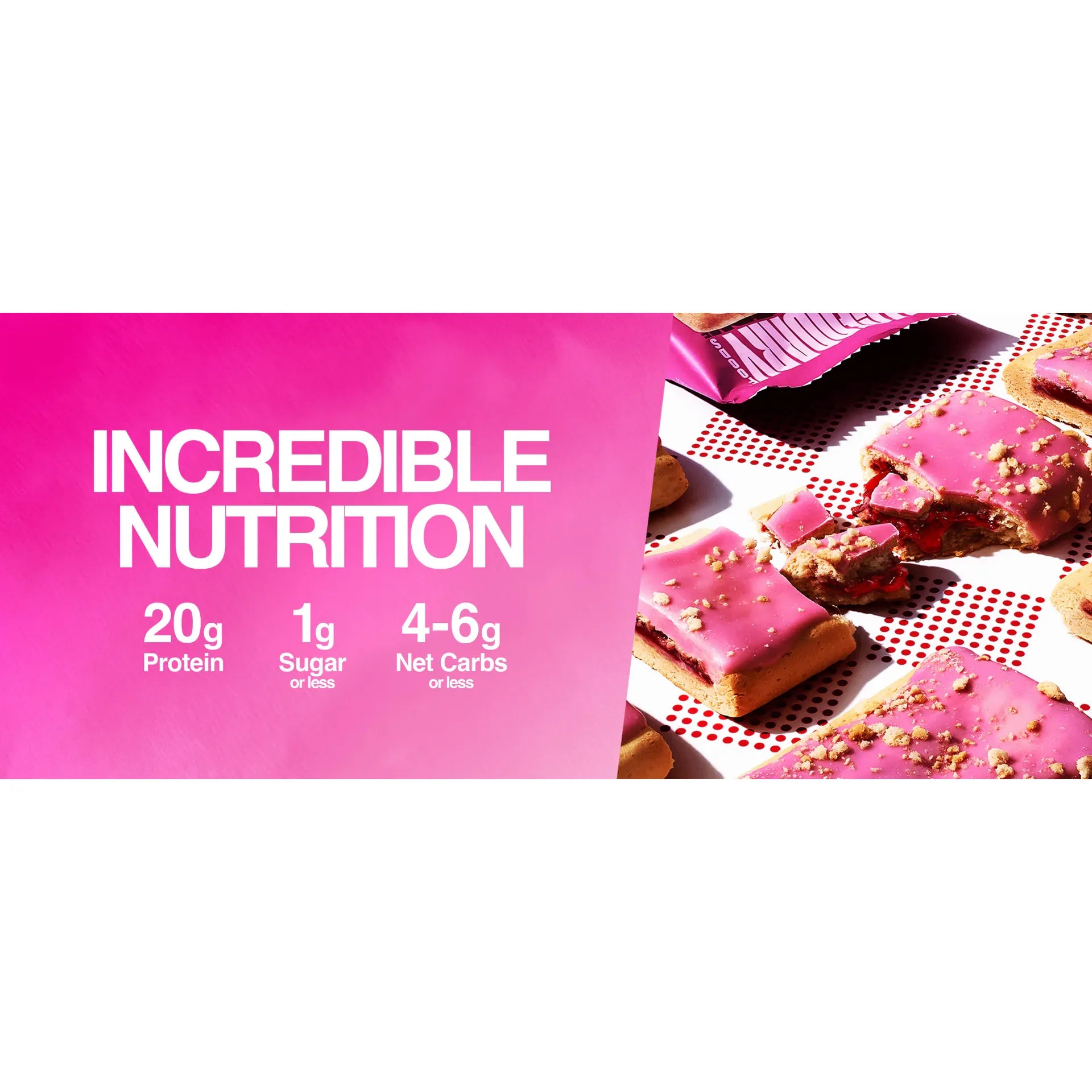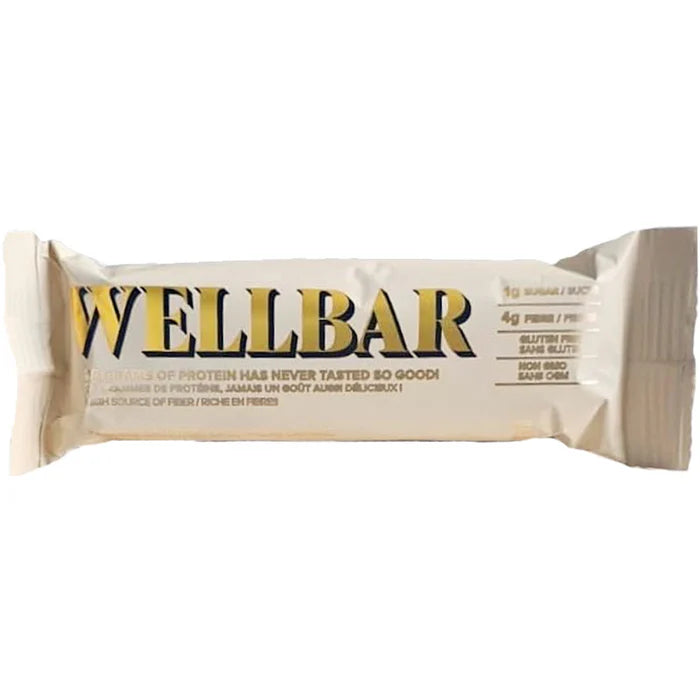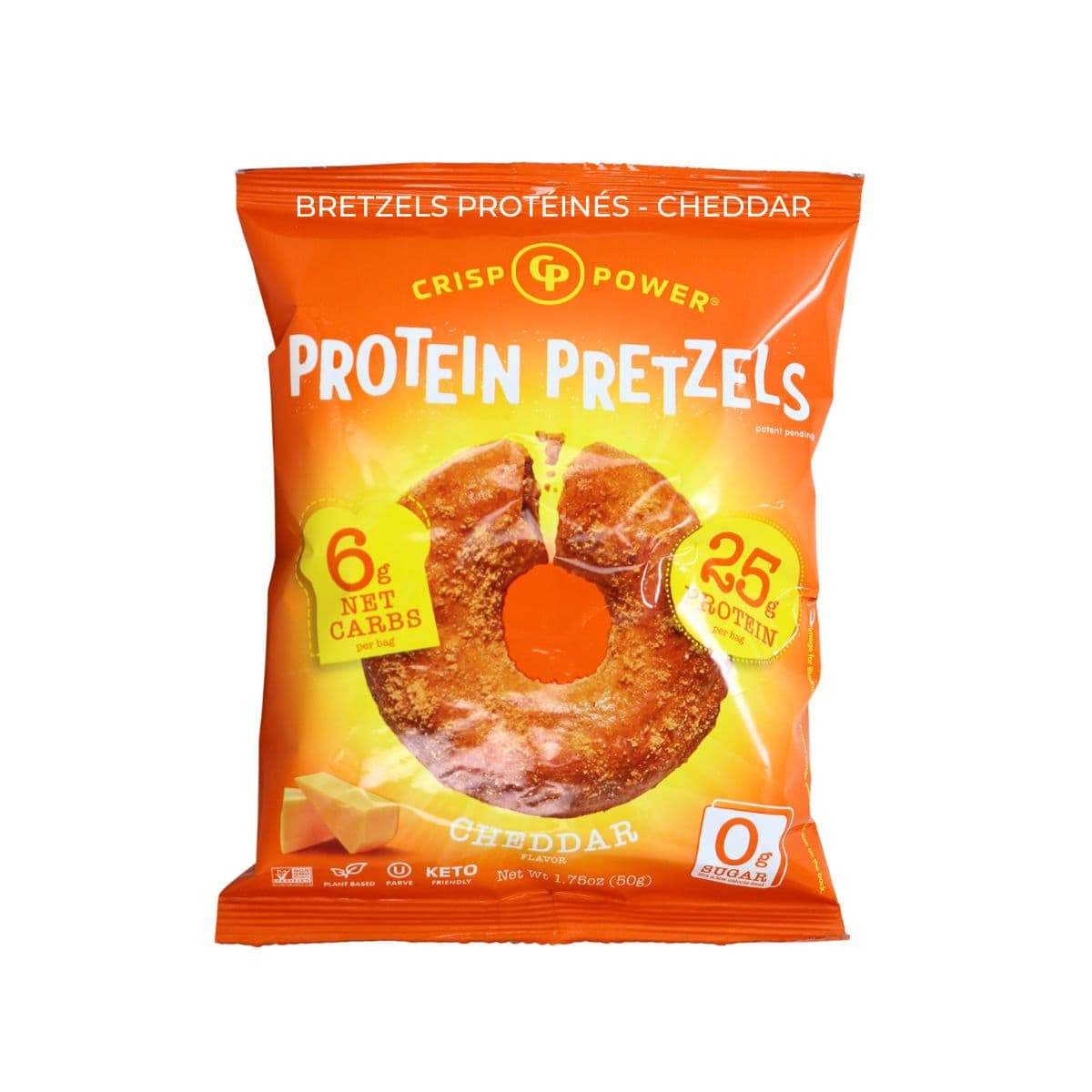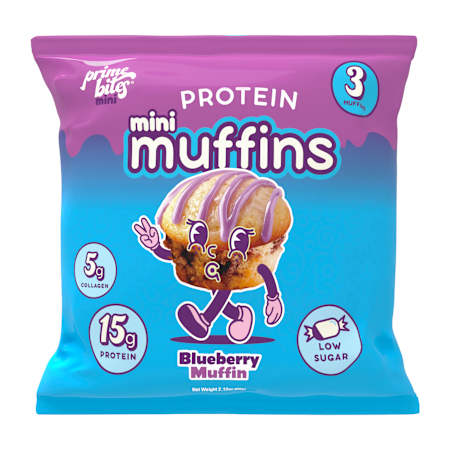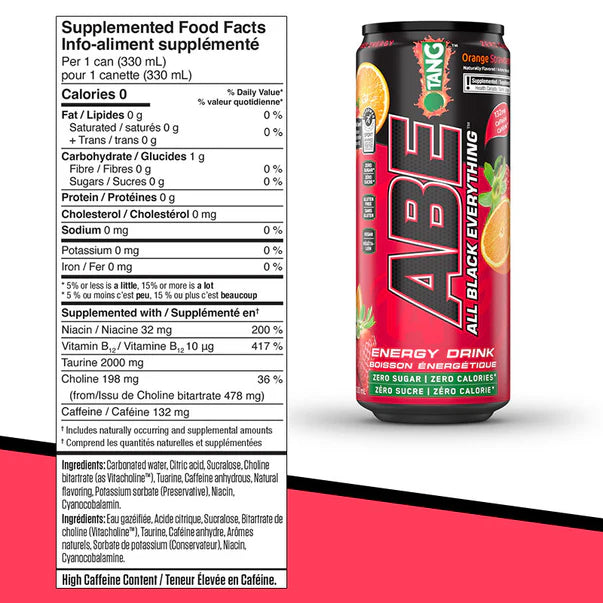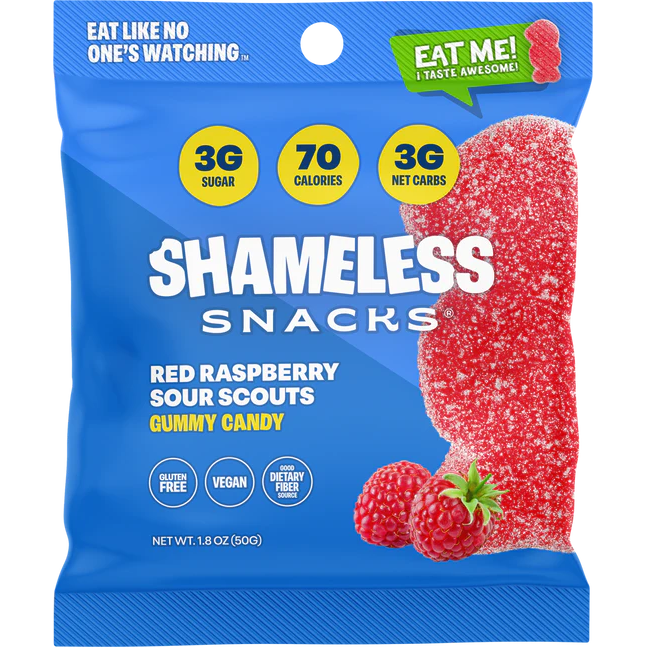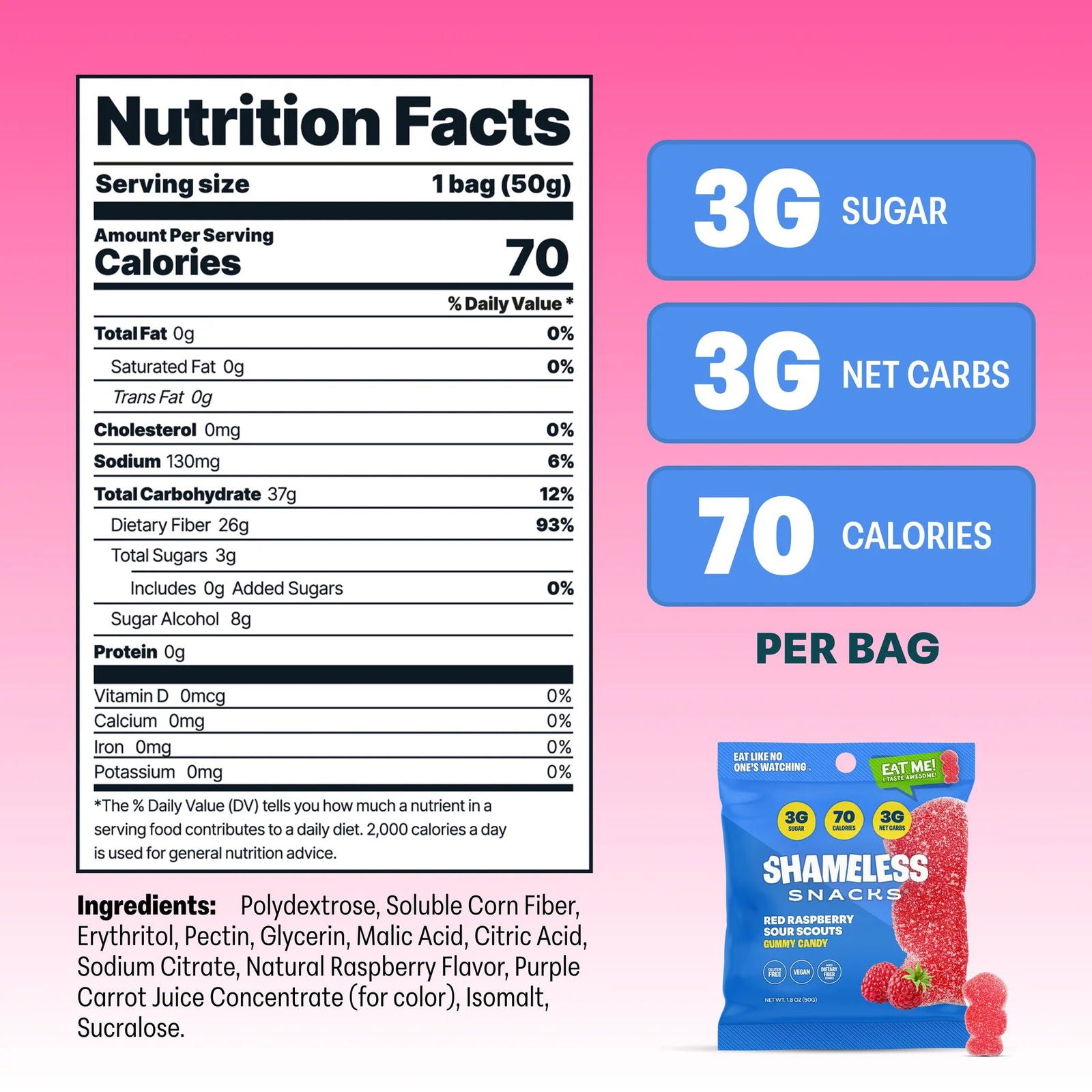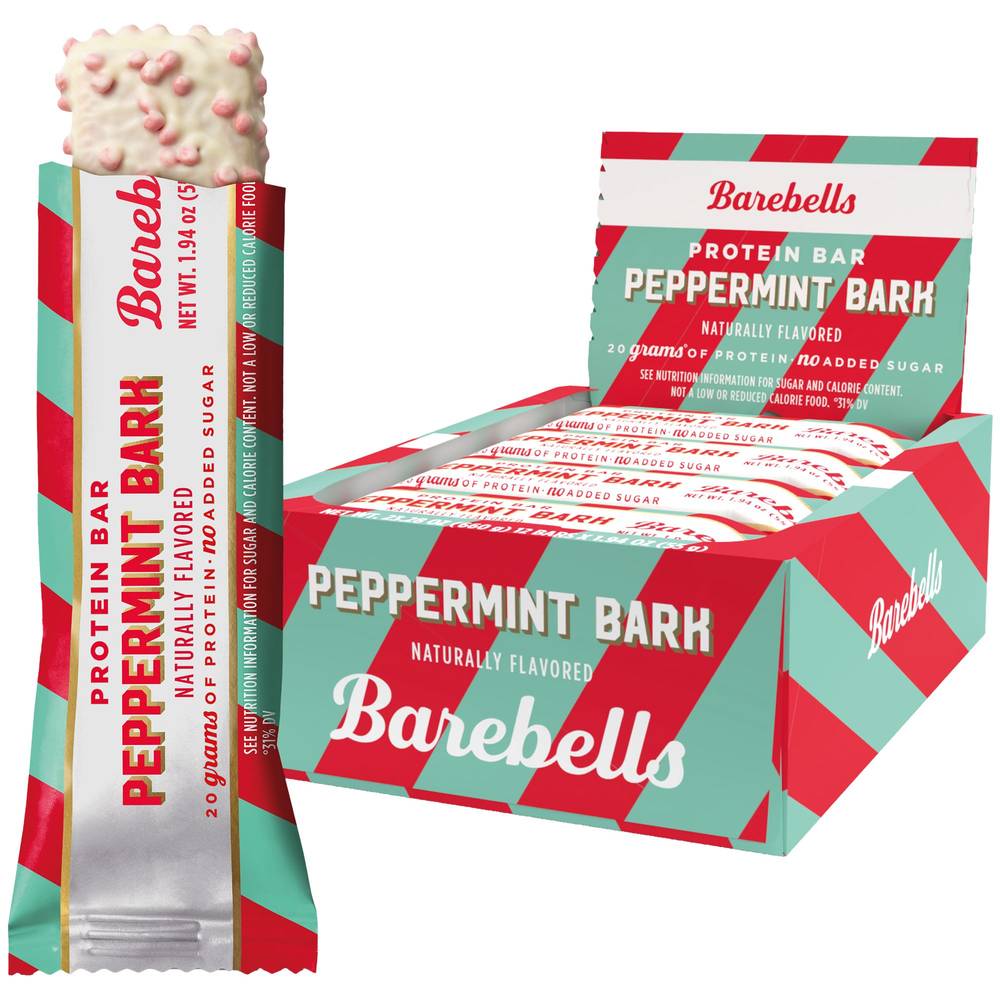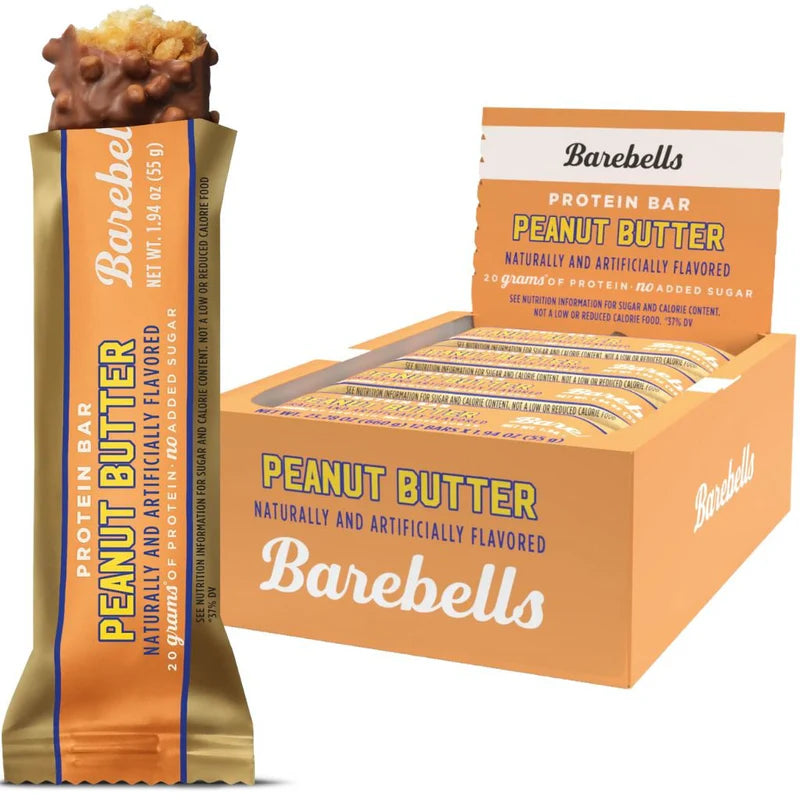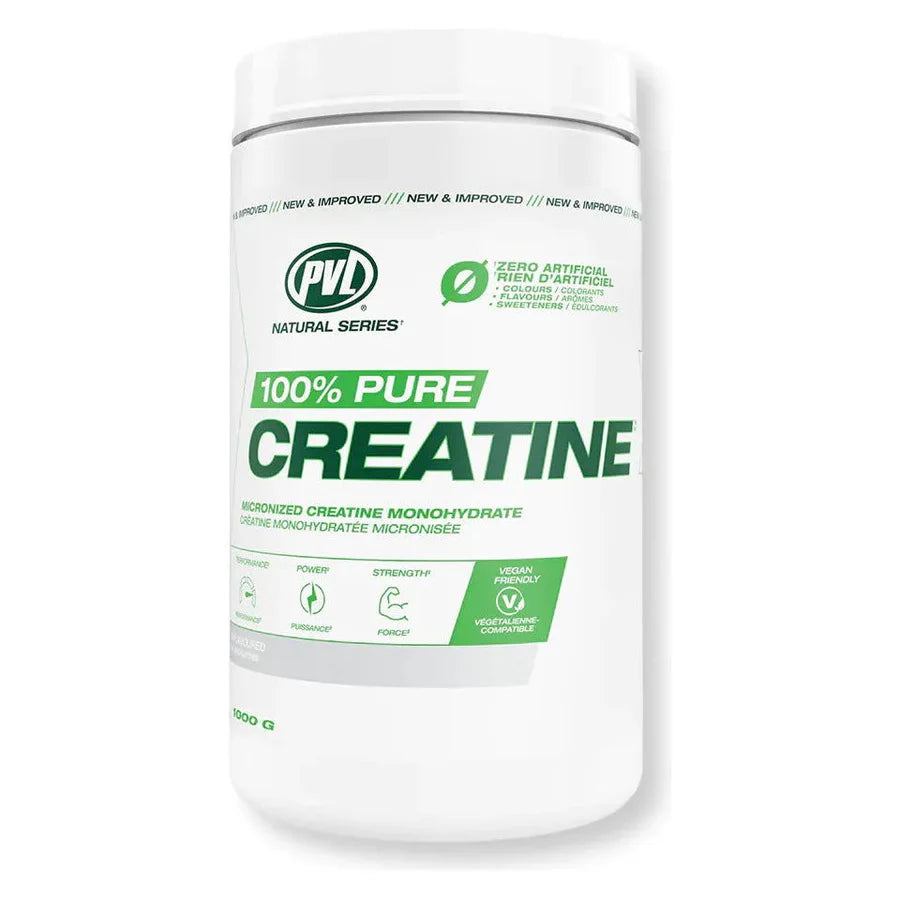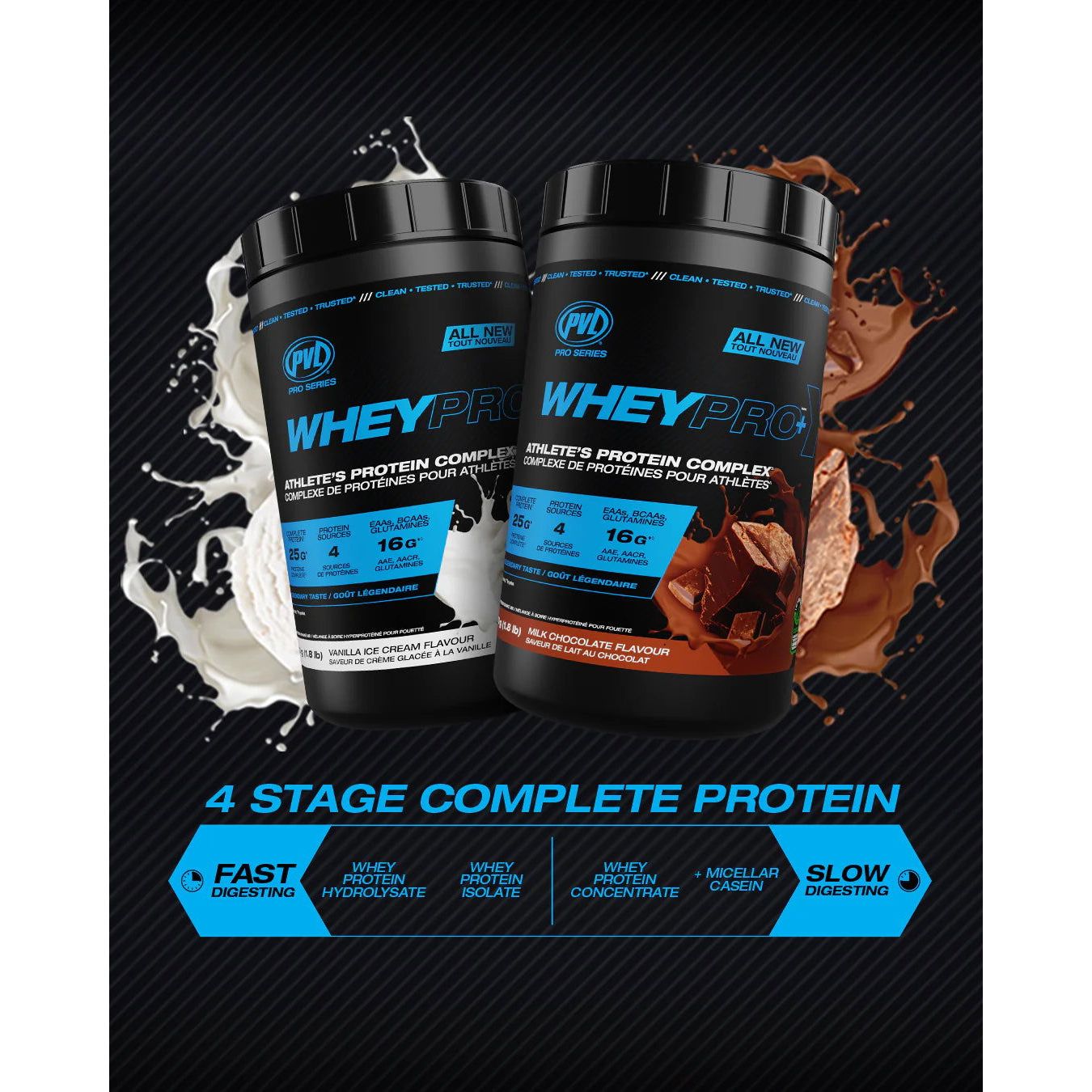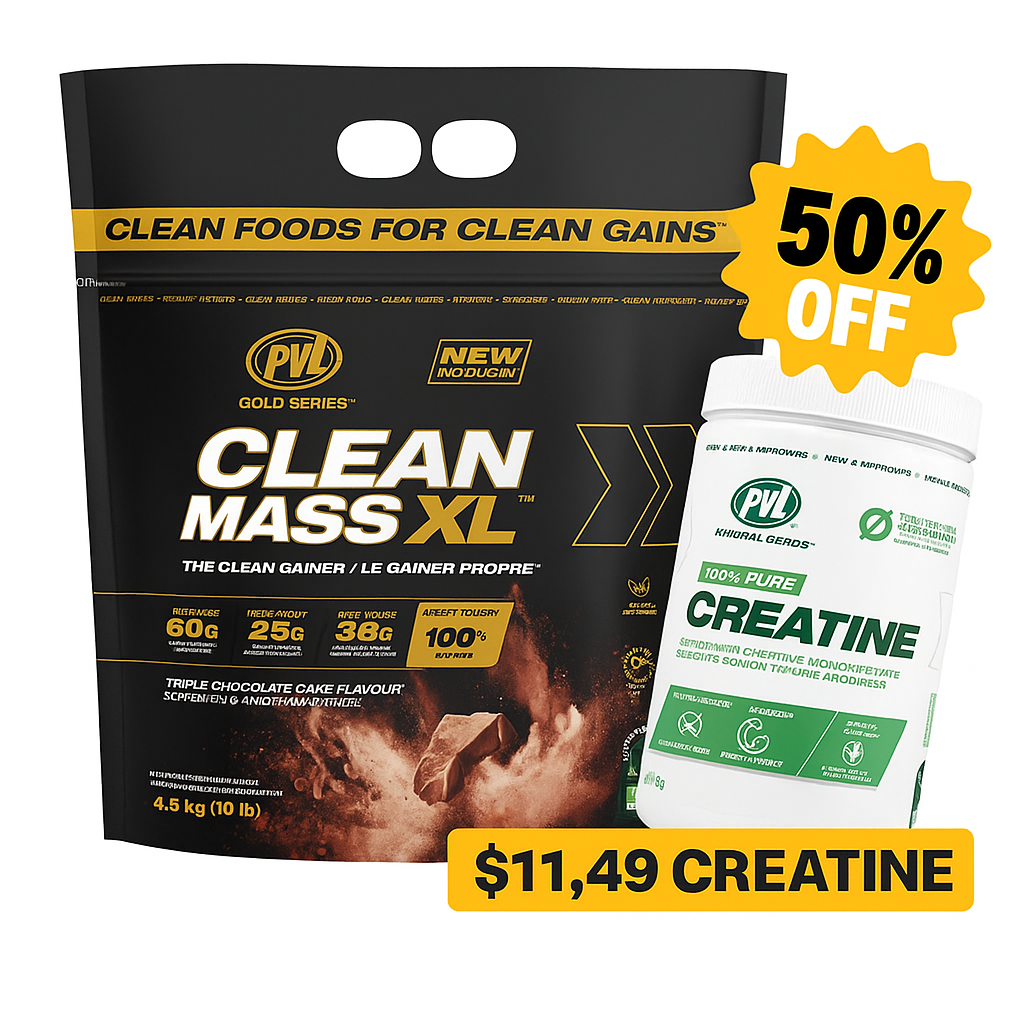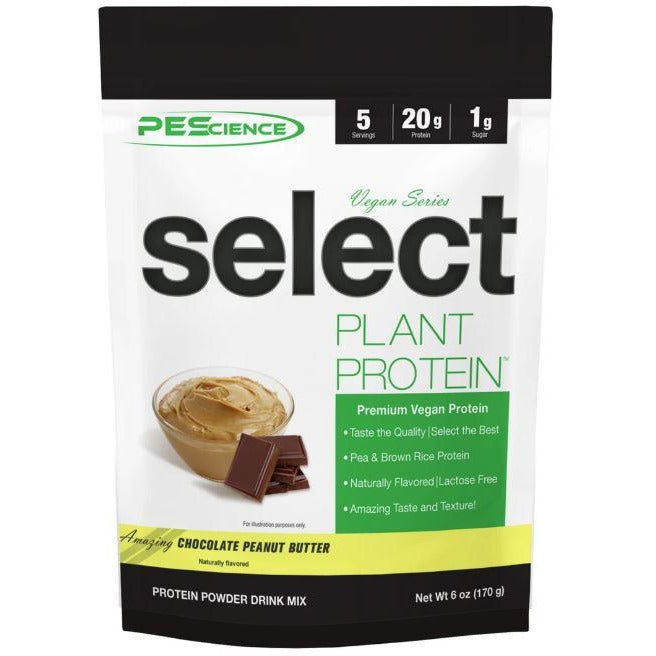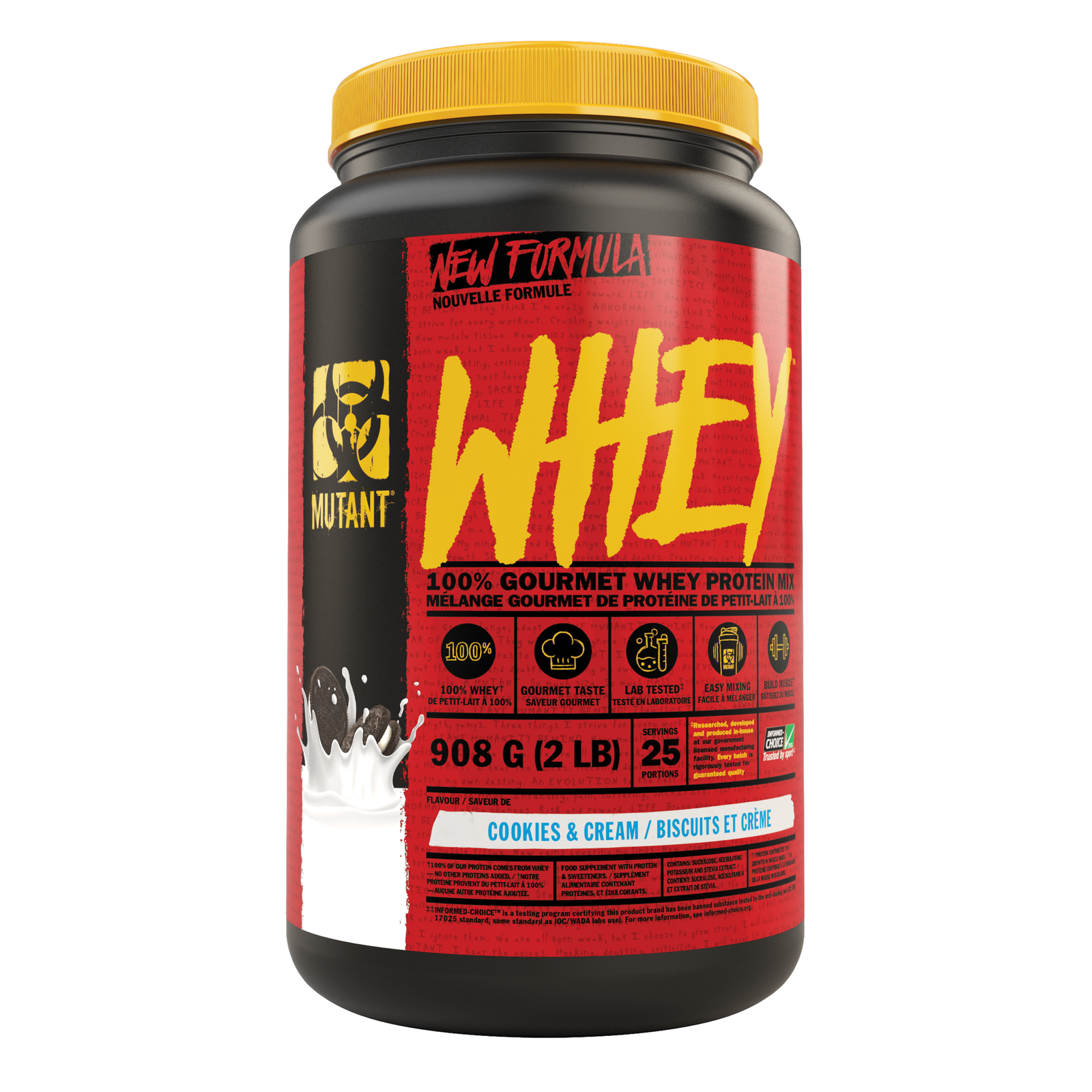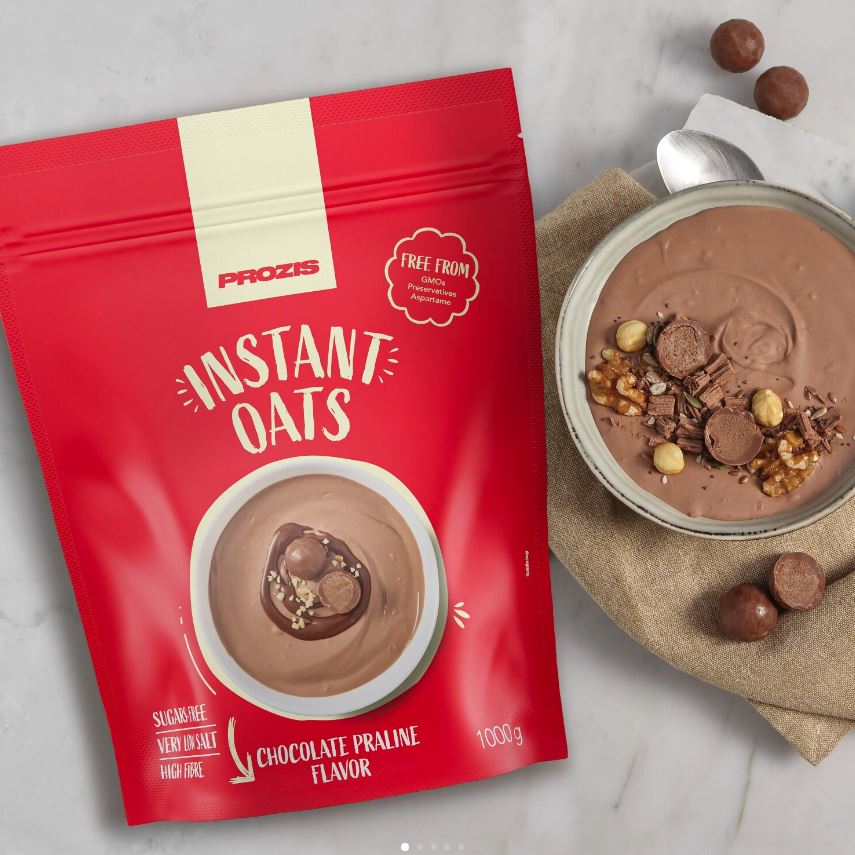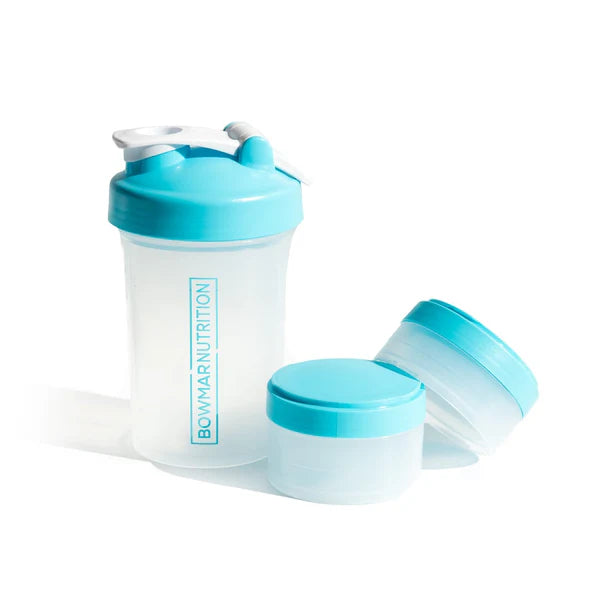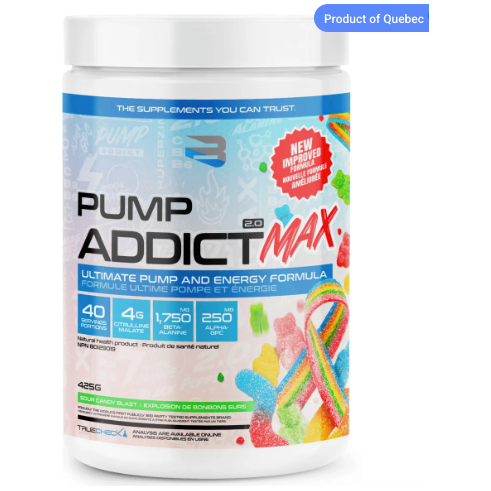Sucralose, a popular artificial sweetener, is often discussed in the supplement industry. There are several myths and misconceptions surrounding its use. Here are some of the most common ones:
1. Sucralose Causes Cancer
- Myth: Many people believe that sucralose is linked to cancer because it's an artificial substance.
- Fact: This myth largely stems from animal studies where rats were given extremely high doses of sucralose. These doses were far higher than any human would realistically consume. Extensive research and reviews from regulatory bodies like the FDA and the European Food Safety Authority (EFSA) have concluded that sucralose is safe for human consumption and does not pose a cancer risk.
2. Sucralose Causes Gut Health Issues
- Myth: Some believe that sucralose disrupts gut microbiota and negatively impacts digestion.
- Fact: While some studies have shown minor effects on gut bacteria, there is no strong evidence to suggest that sucralose causes significant long-term damage to gut health. In moderation, it appears to have little to no impact on gut flora.
3. Sucralose Raises Blood Sugar
- Myth: There's a widespread belief that sucralose causes an increase in blood sugar levels, making it unsuitable for people with diabetes.
- Fact: Sucralose is a non-caloric sweetener, meaning it doesn't affect blood sugar levels the way sugar does. Studies have shown that it doesn't cause a spike in blood glucose, making it a suitable alternative for people with diabetes.
4. Sucralose is Unnatural and Harmful
- Myth: Since sucralose is chemically modified (chlorinated sugar), some people think it's "unnatural" and harmful.
- Fact: Sucralose is made from sugar but undergoes a chemical process to replace three hydrogen-oxygen groups with chlorine atoms. This makes it 600 times sweeter than sugar without the calories. While it's synthetic, this does not automatically make it harmful. Many artificial sweeteners, including sucralose, have been rigorously tested and approved by regulatory bodies.
5. Sucralose is Highly Toxic in High Doses
- Myth: Some claim that consuming sucralose in large quantities can be toxic.
- Fact: The safety of sucralose has been evaluated in various studies, and the FDA has set an acceptable daily intake (ADI) of 5 mg per kilogram of body weight. To reach harmful levels, a person would need to consume an extremely large amount of sucralose—far more than the average person would in a normal diet.
6. Sucralose Interferes with Weight Loss
- Myth: Some people believe that using sucralose can hinder weight loss efforts.
- Fact: Sucralose is calorie-free, so it doesn't contribute directly to weight gain. In fact, using sucralose as a replacement for sugar can help reduce overall caloric intake, which can be beneficial for weight management. However, some studies suggest that using artificial sweeteners could lead to psychological cravings for sweet foods, which might counteract efforts to lose weight.
7. Sucralose Breaks Down into Toxic Compounds When Heated
- Myth: There's a belief that when sucralose is heated (for example, in cooking or baking), it breaks down into harmful chemicals.
- Fact: Sucralose is heat-stable, meaning it doesn't break down into harmful compounds when exposed to heat. This is why it’s commonly used in many processed foods and drinks. However, very high temperatures (like those used in industrial food production) might cause some degradation, but this is not a concern for typical household cooking temperatures.
Conclusion
Sucralose is generally regarded as safe by numerous health authorities, but like all sweeteners, it should be consumed in moderation. Myths about its toxicity or negative health effects have been largely debunked, but it’s important to remain informed and cautious of misinformation.

